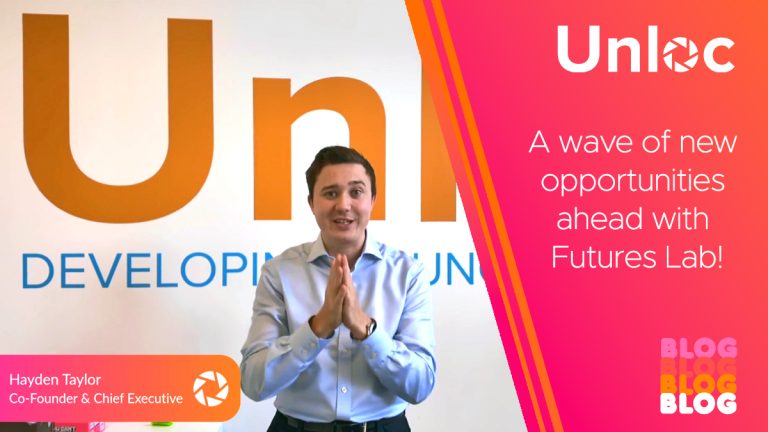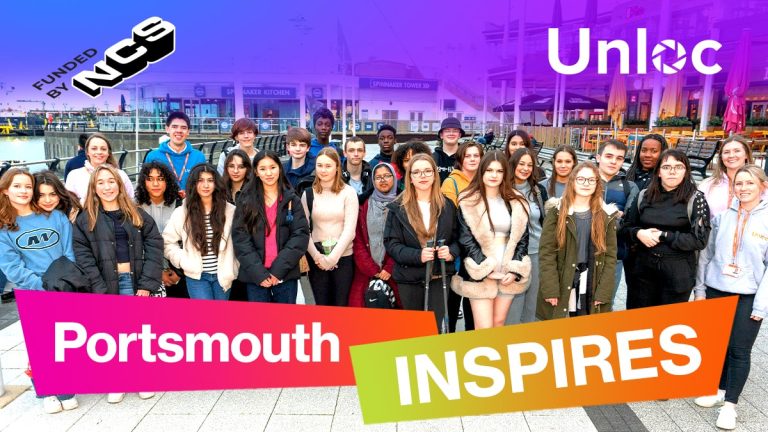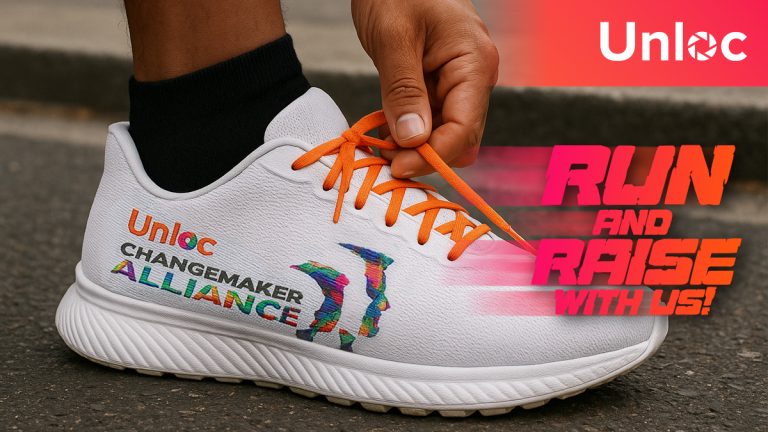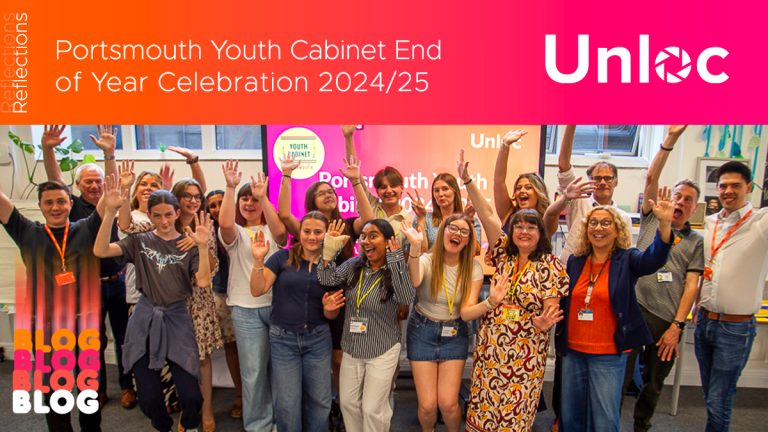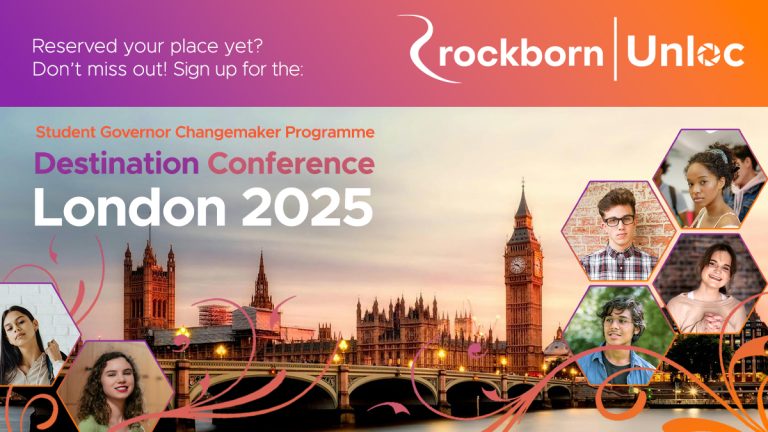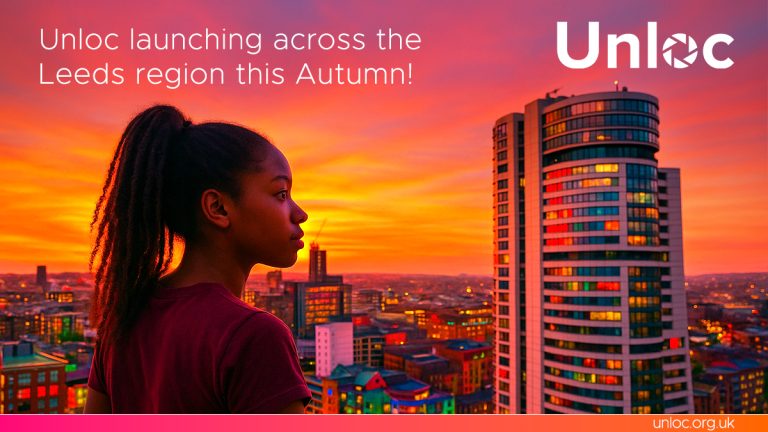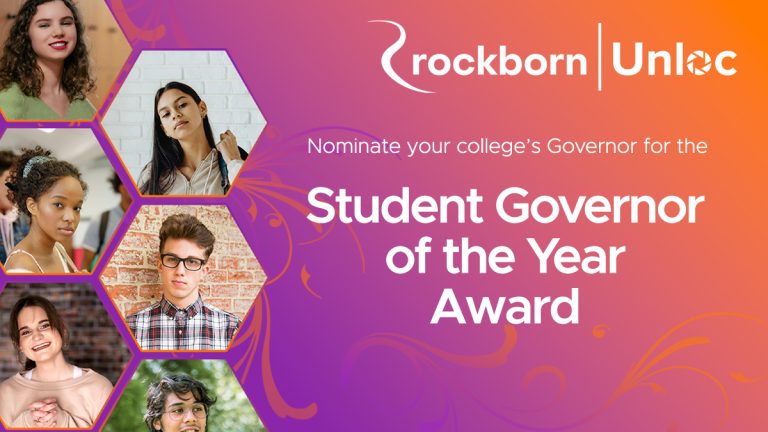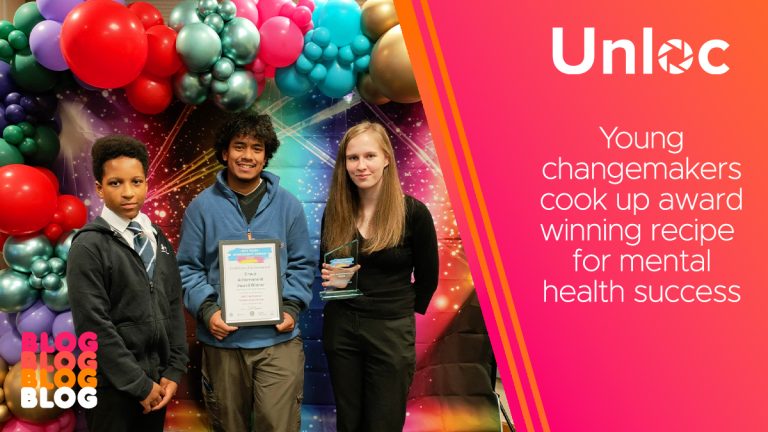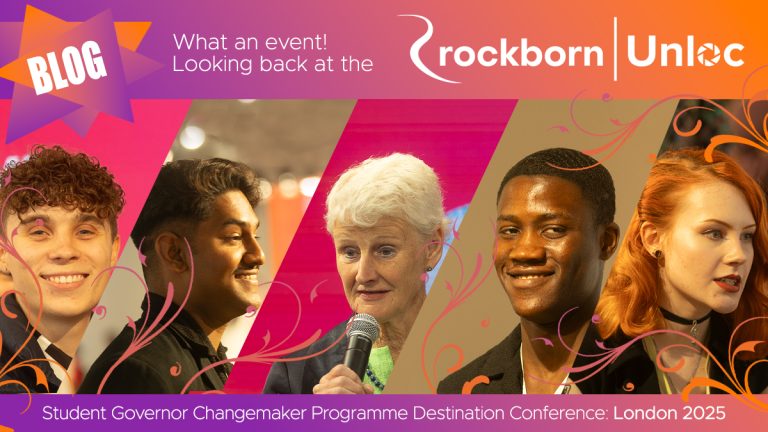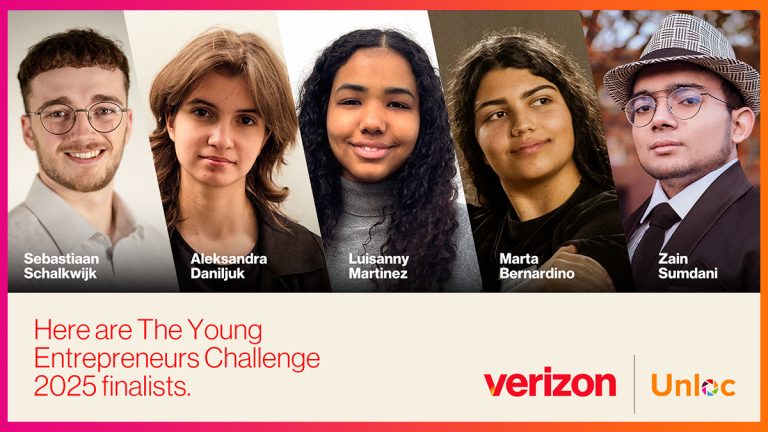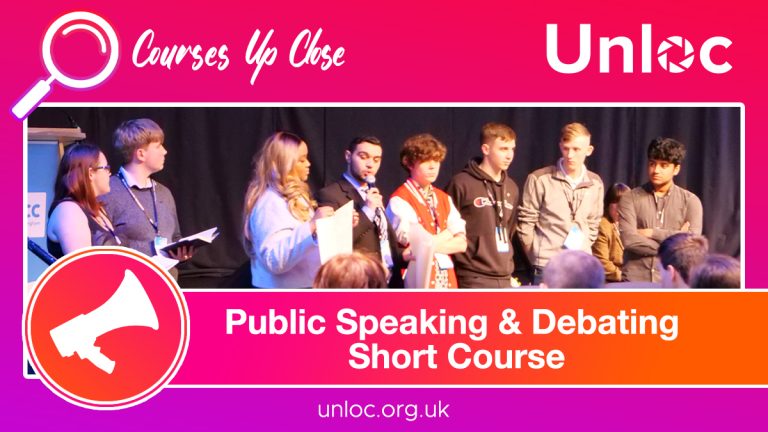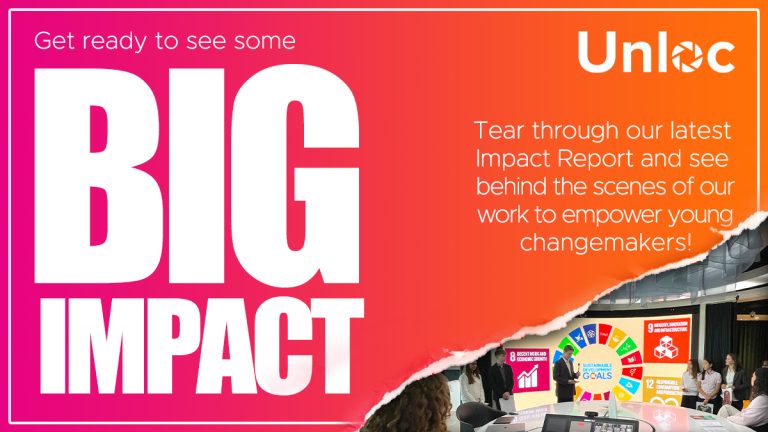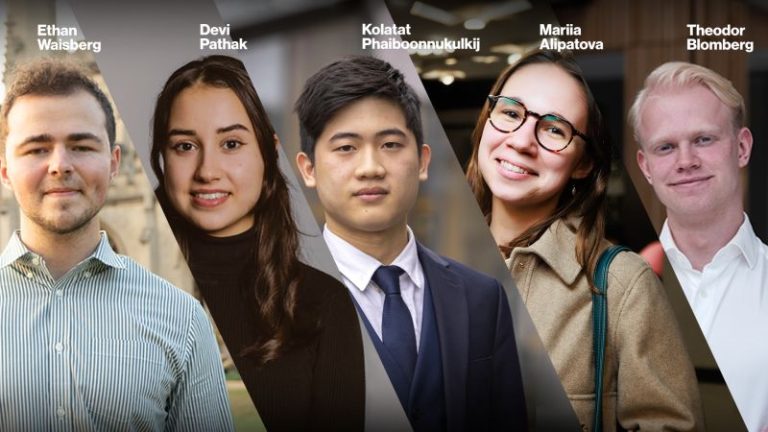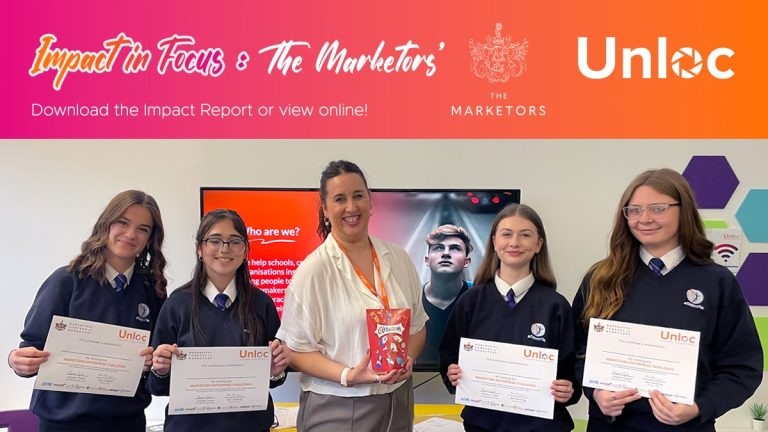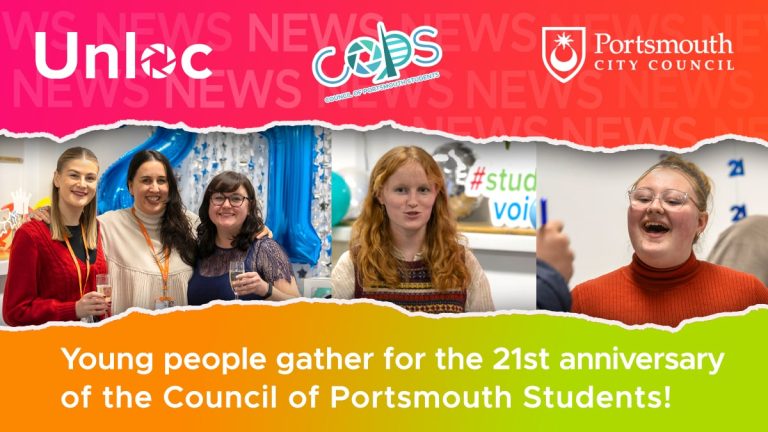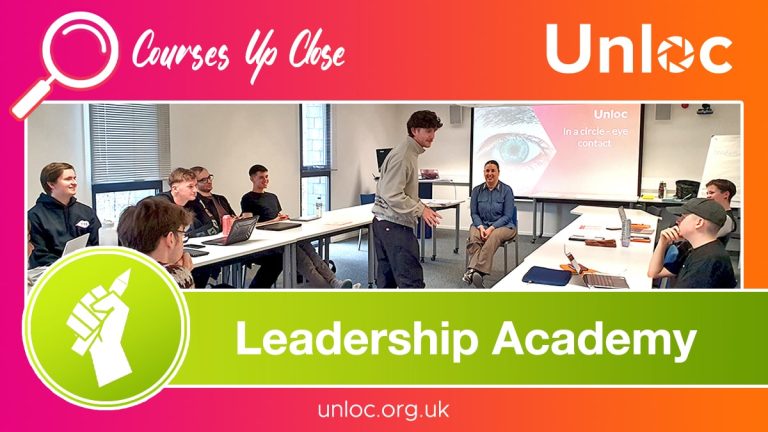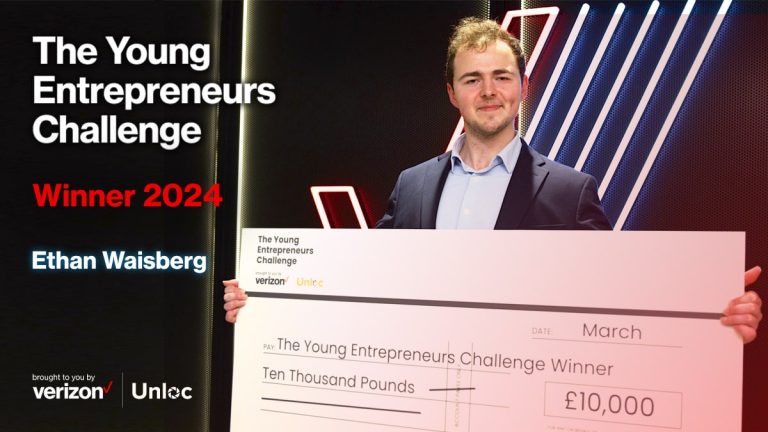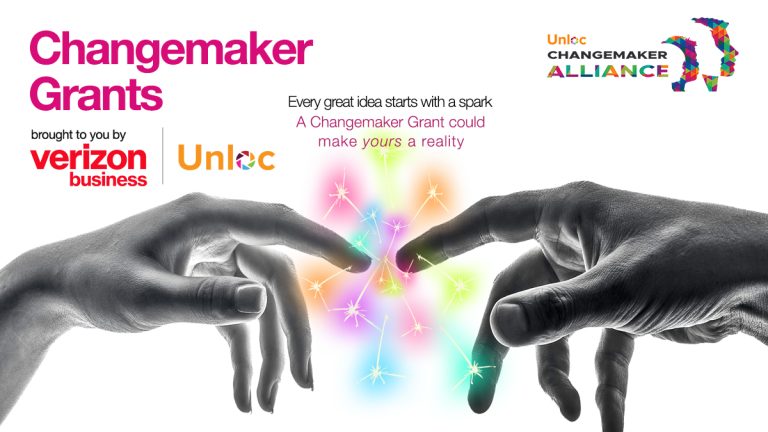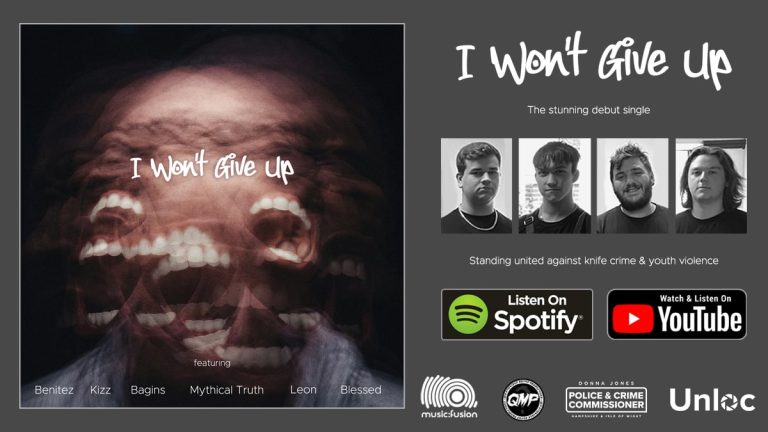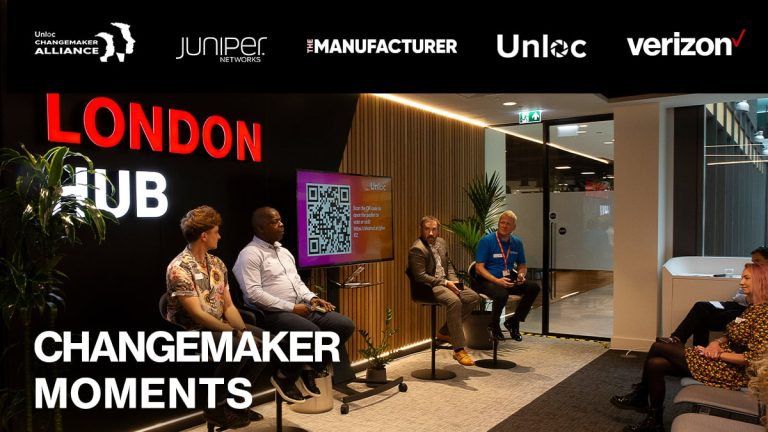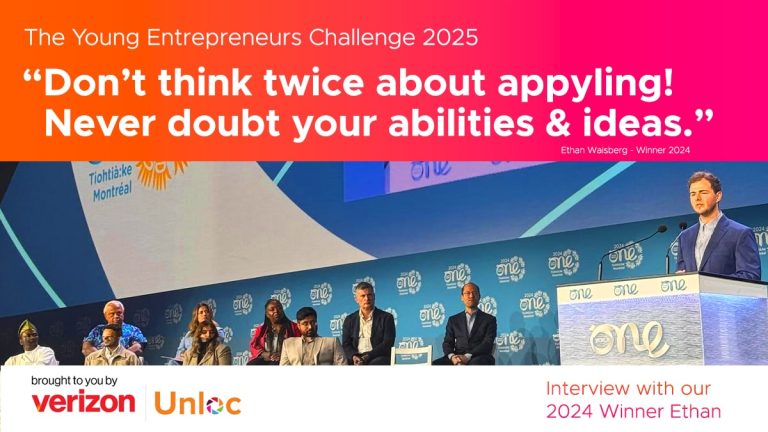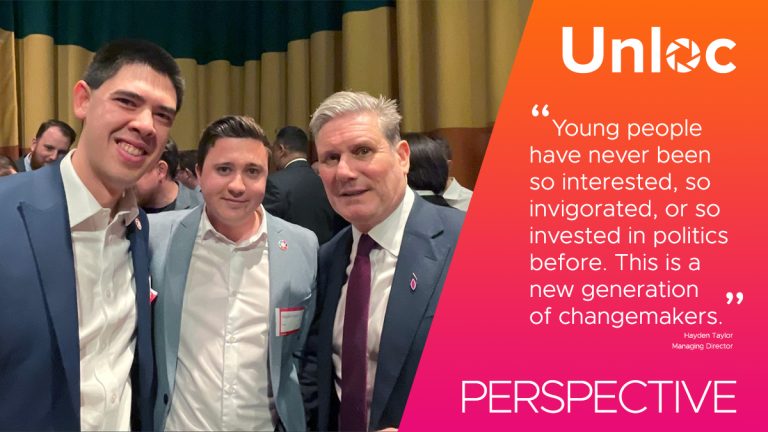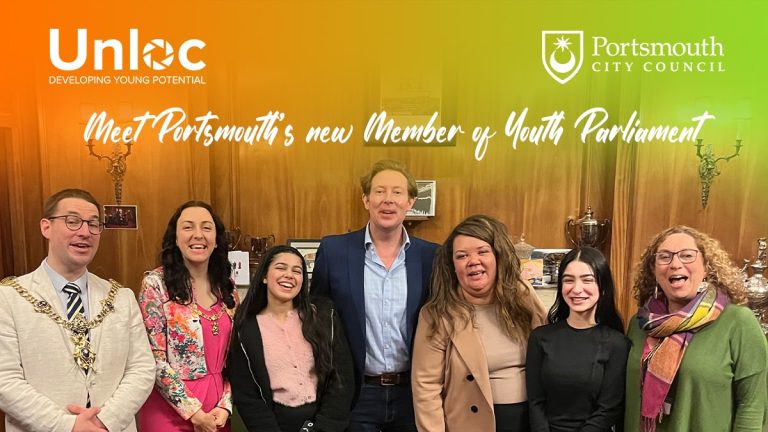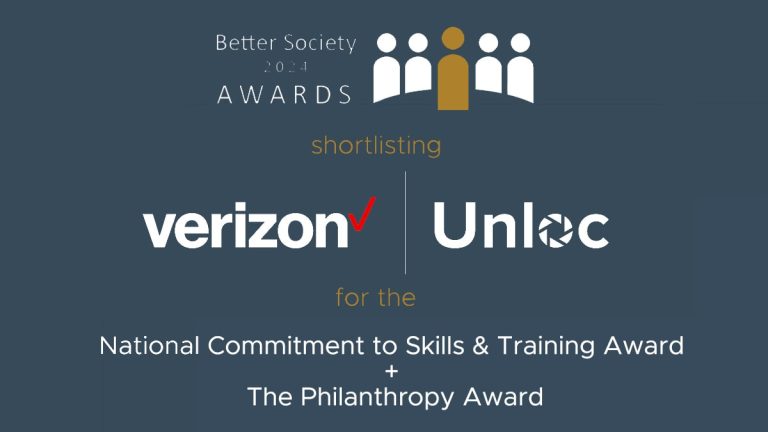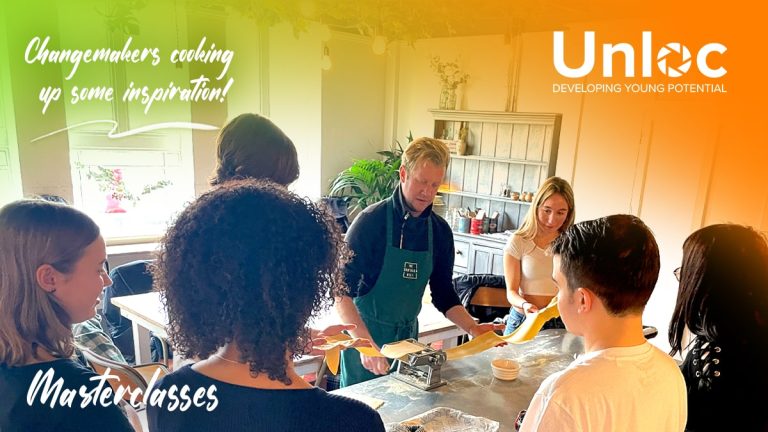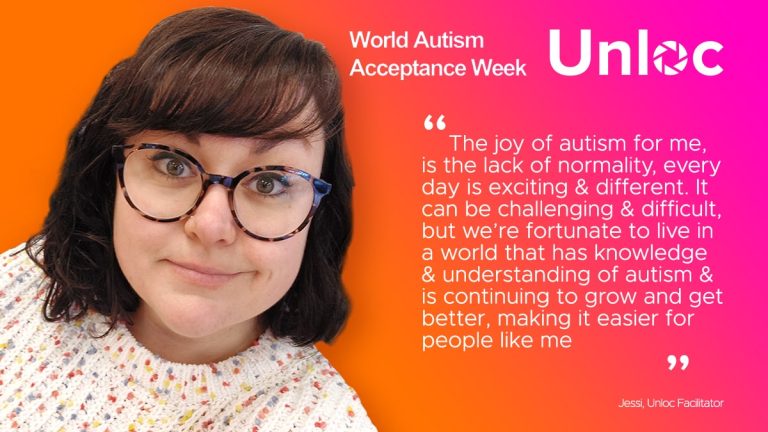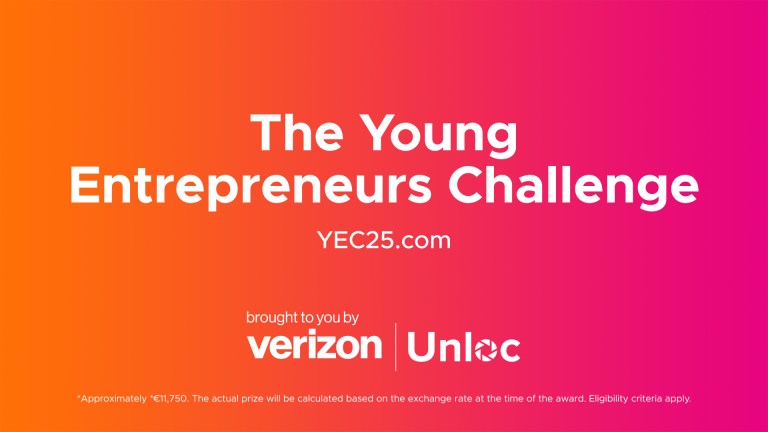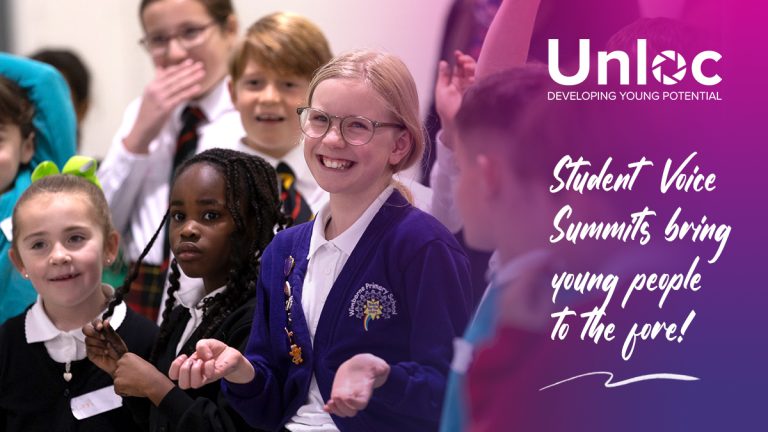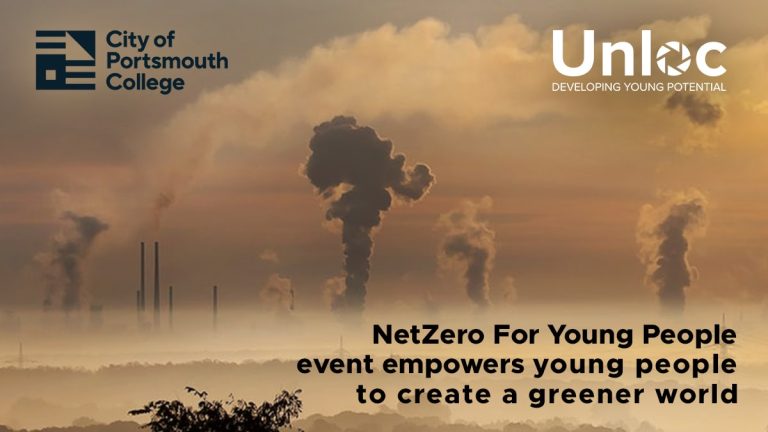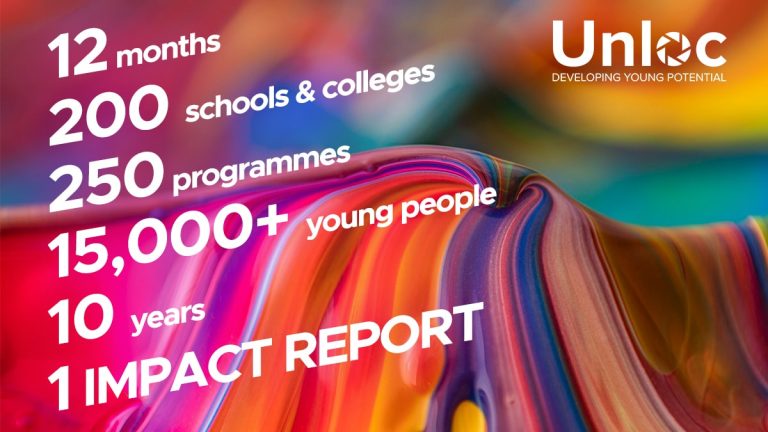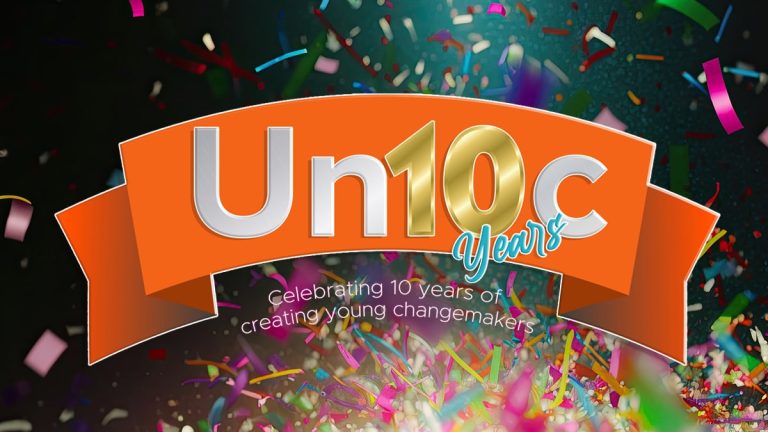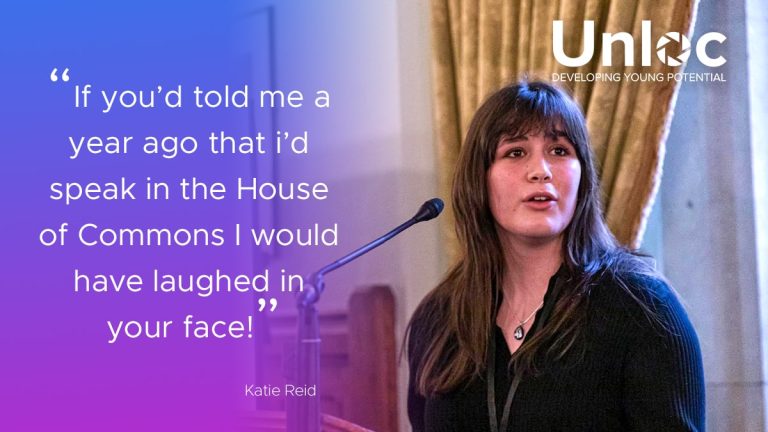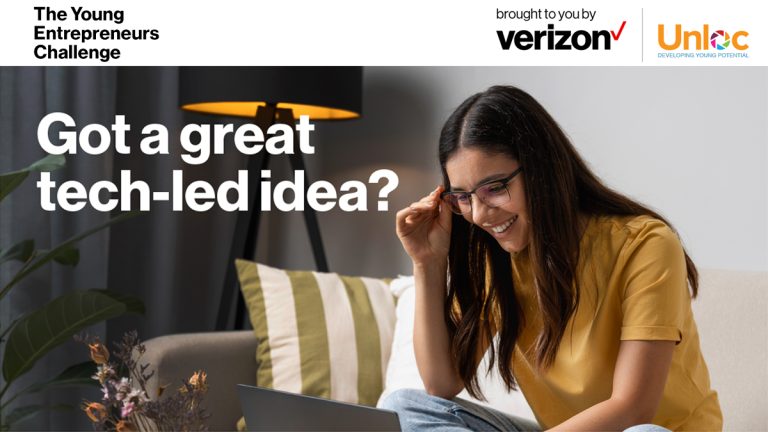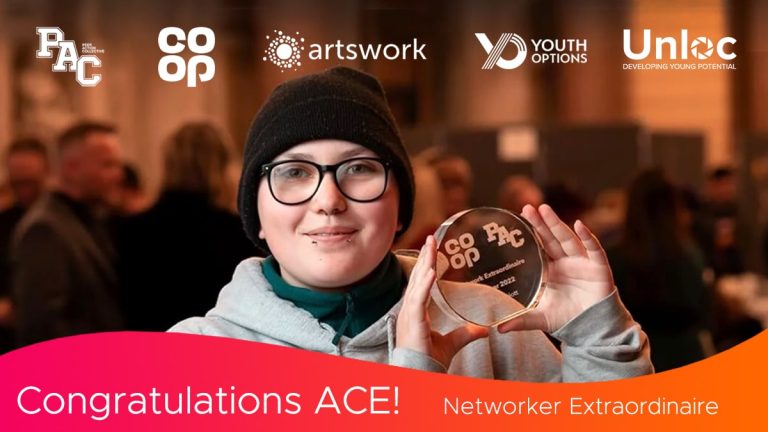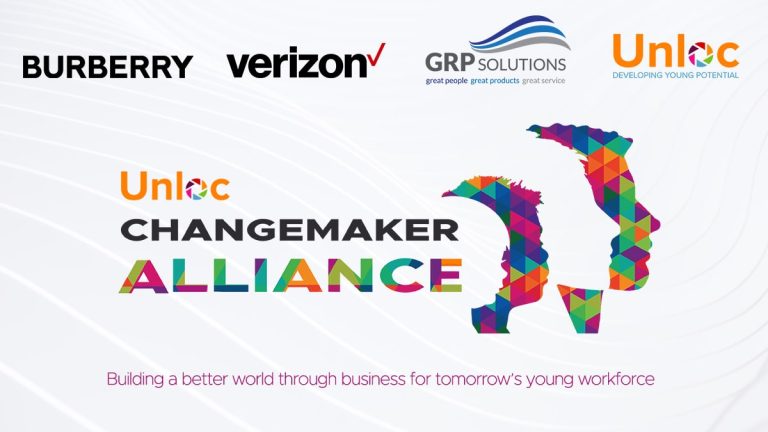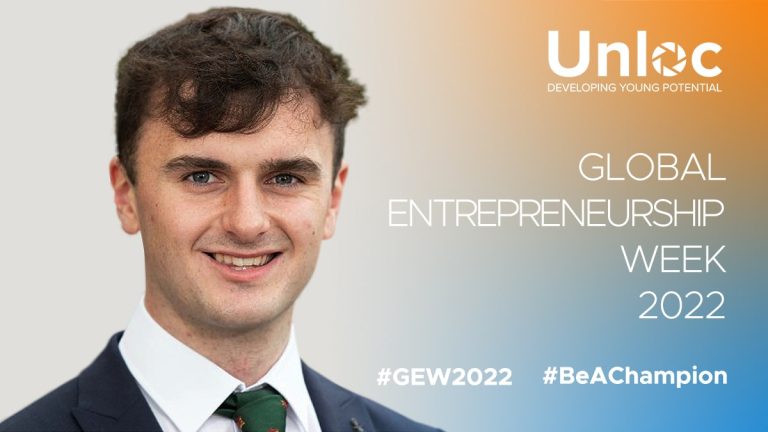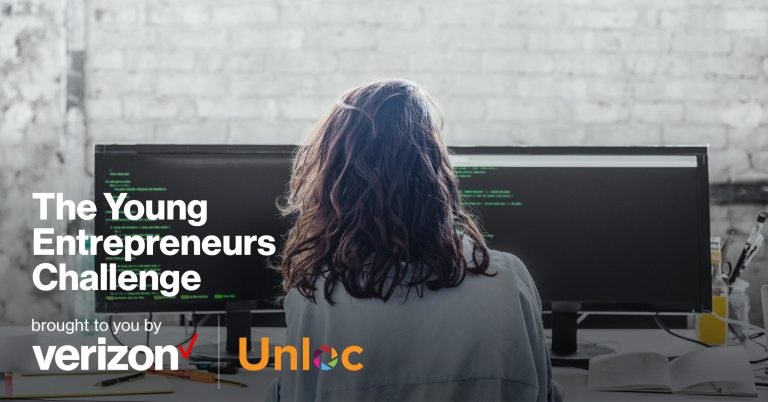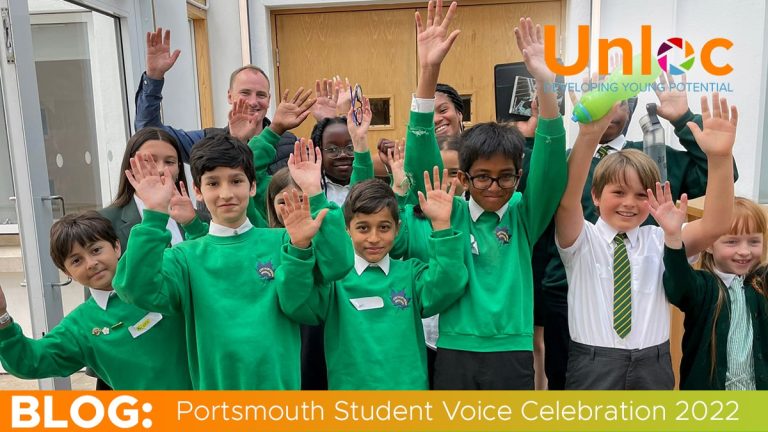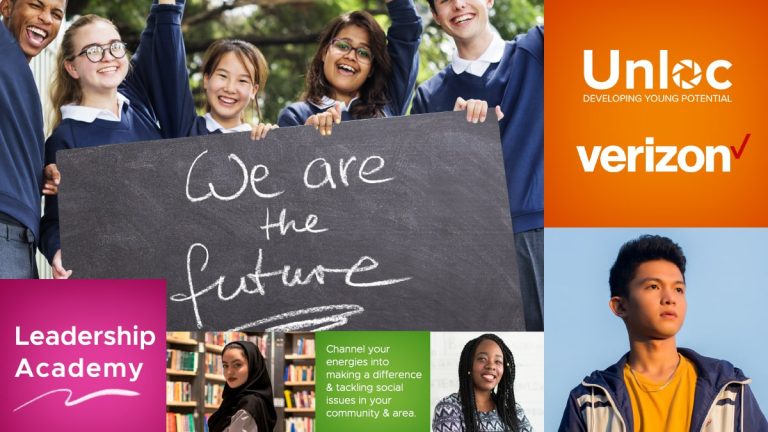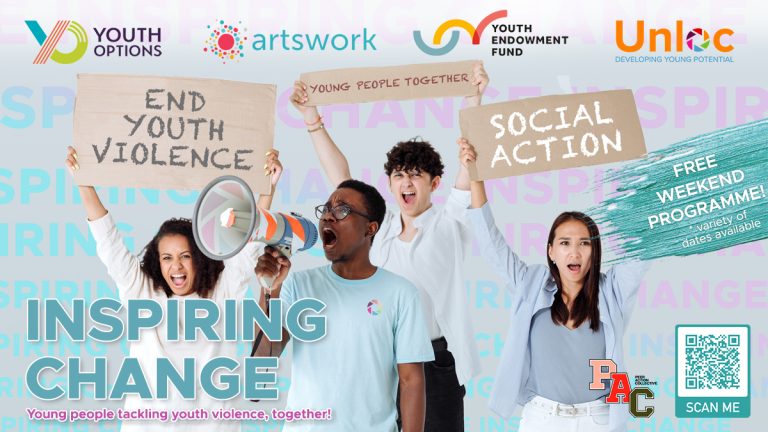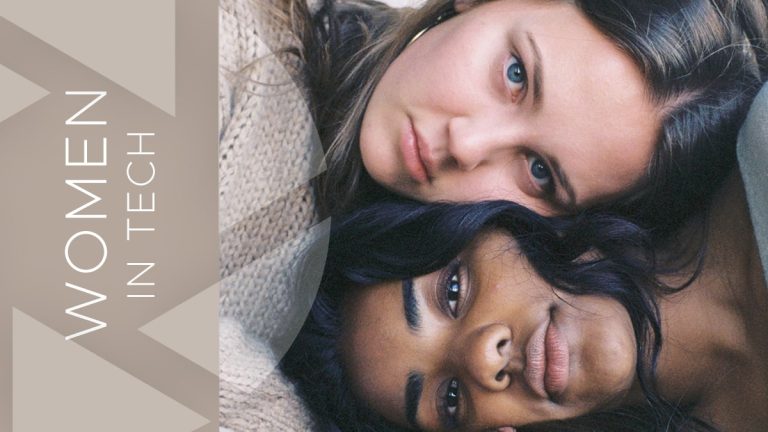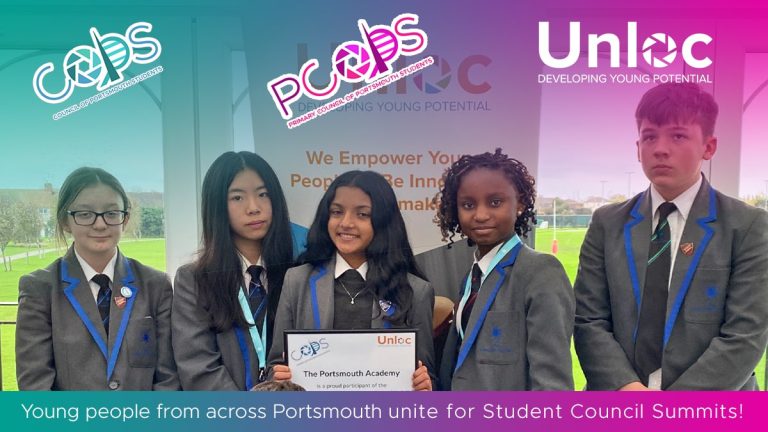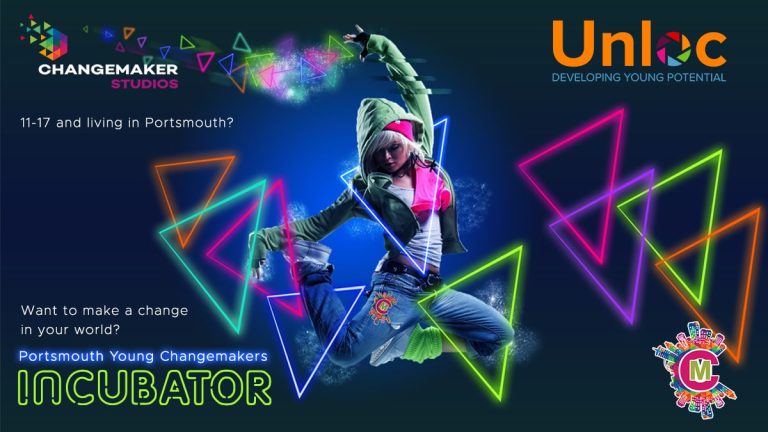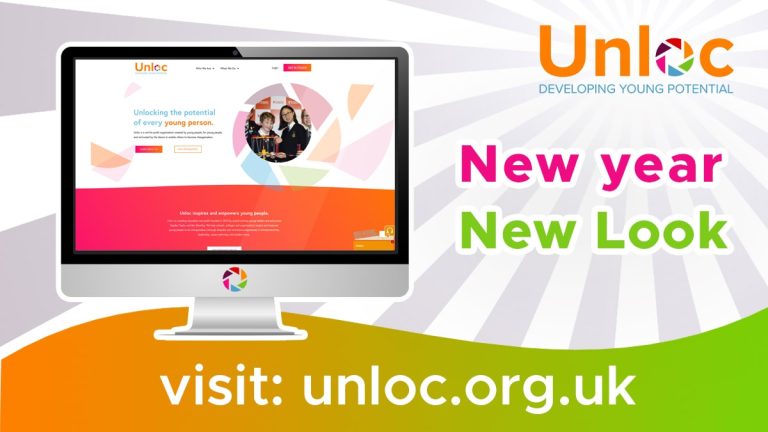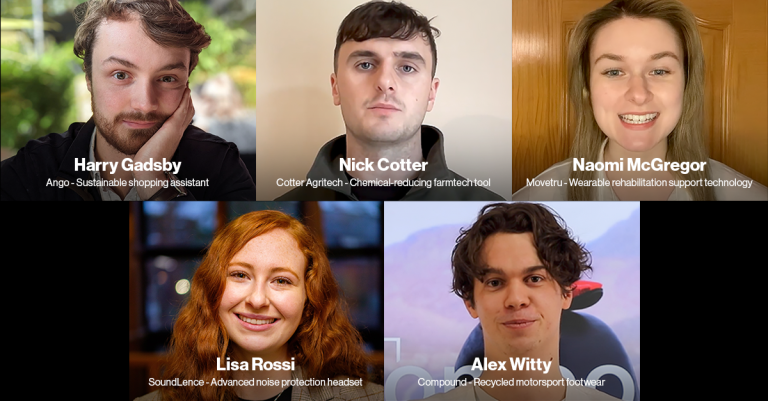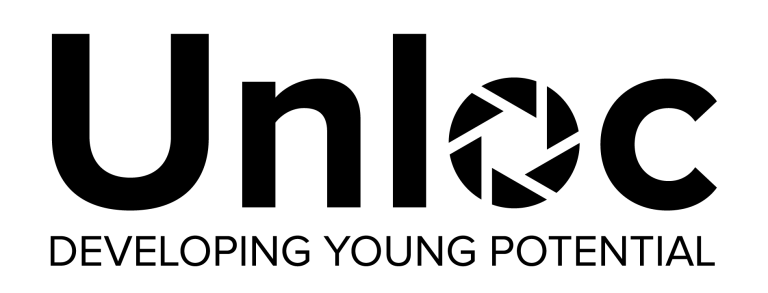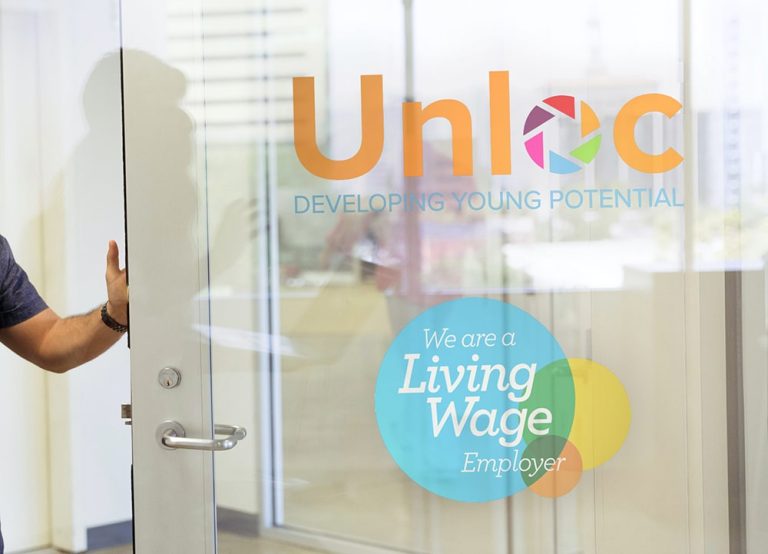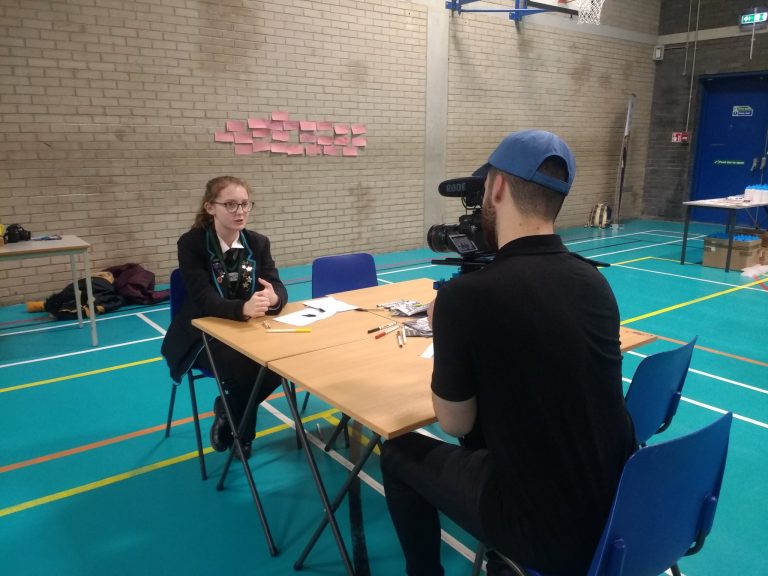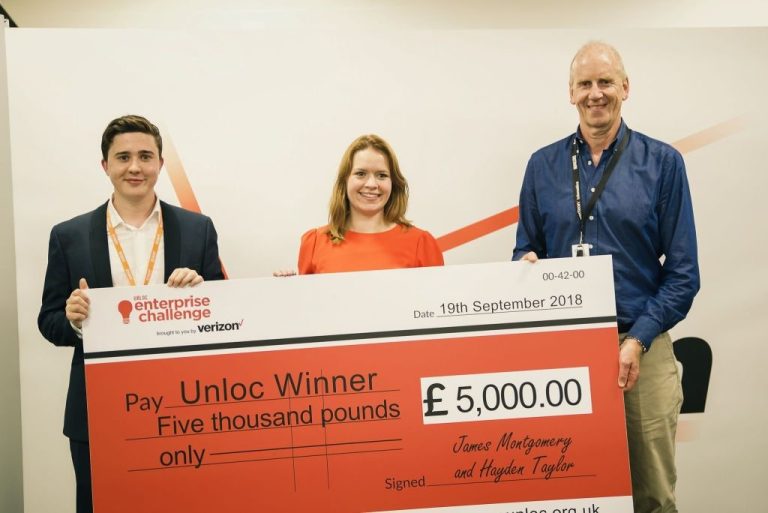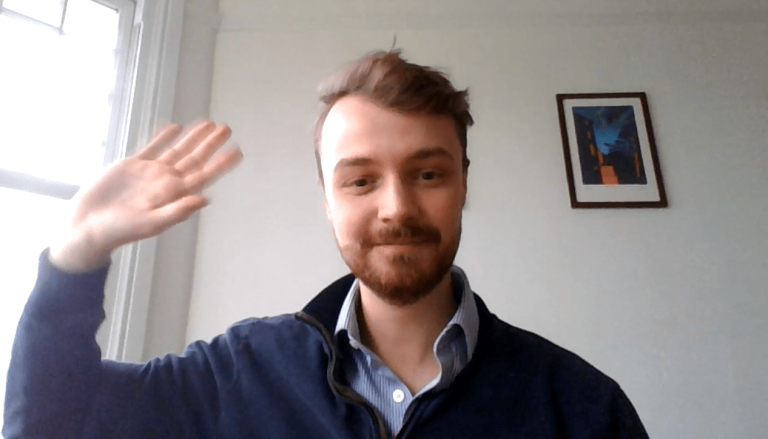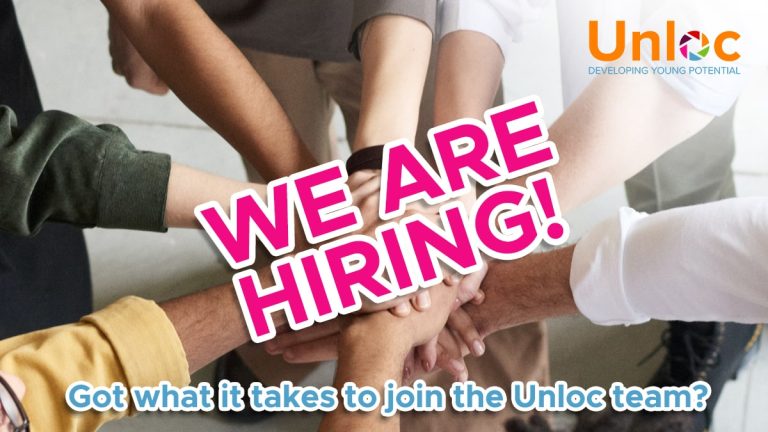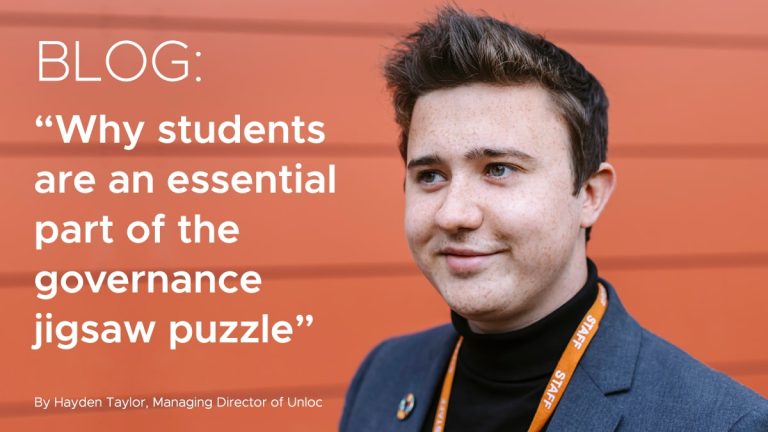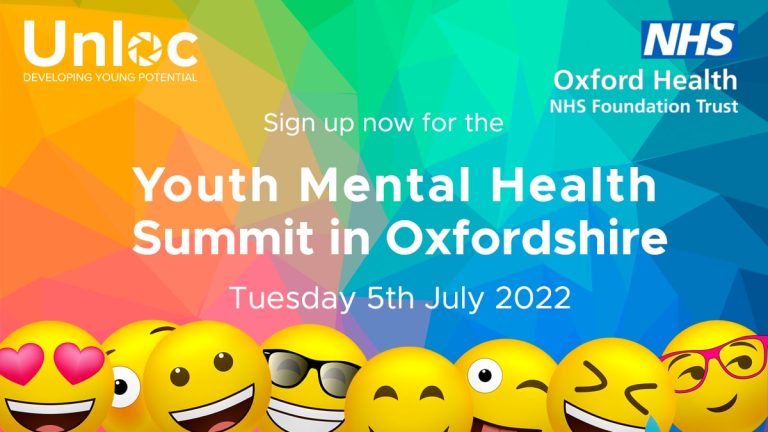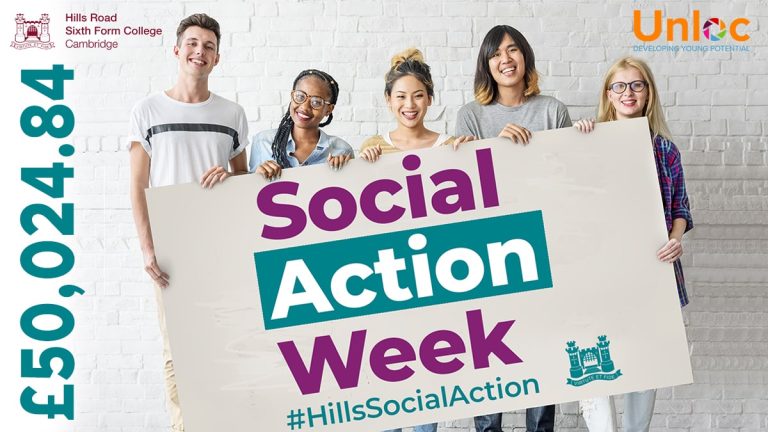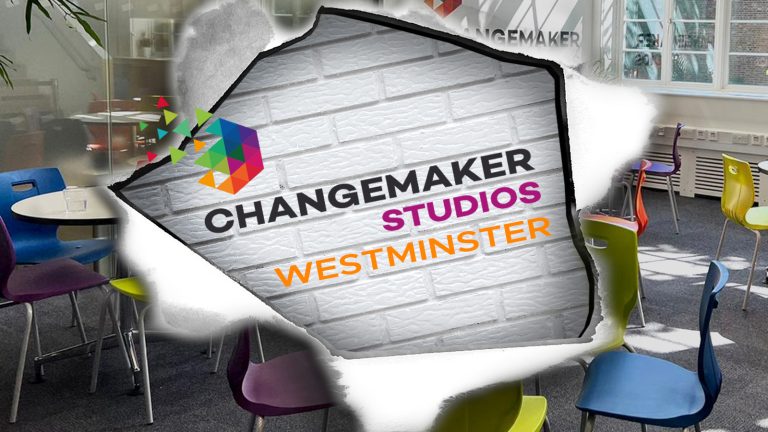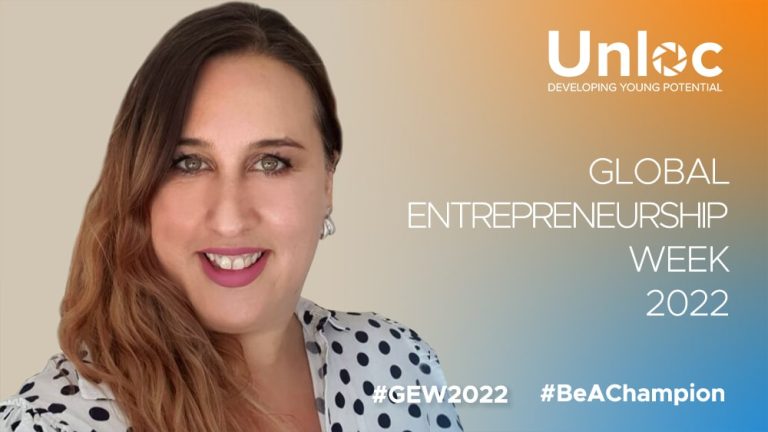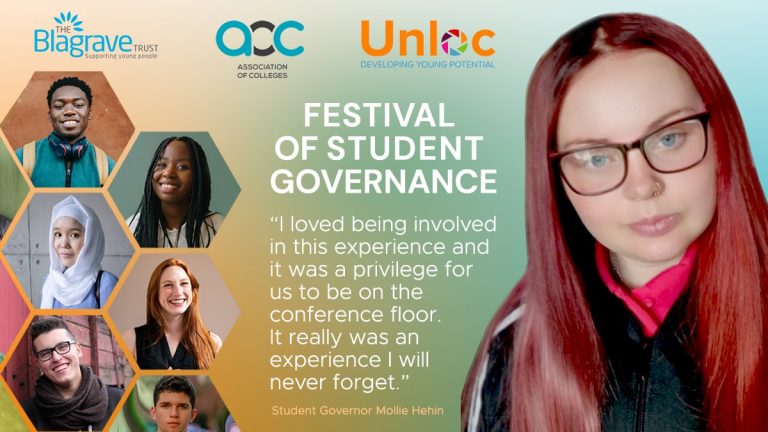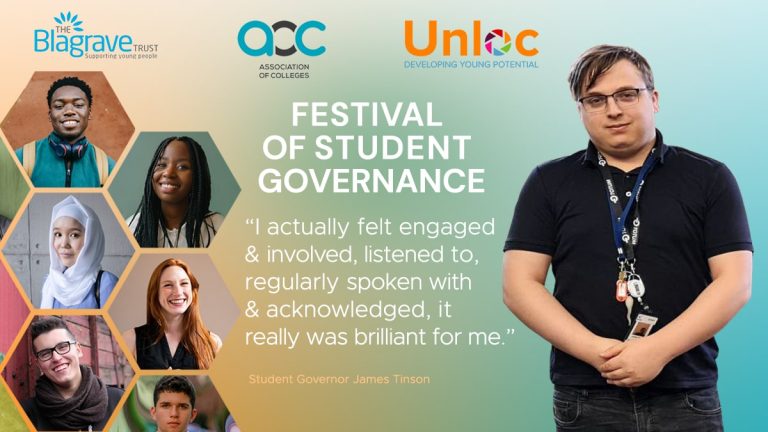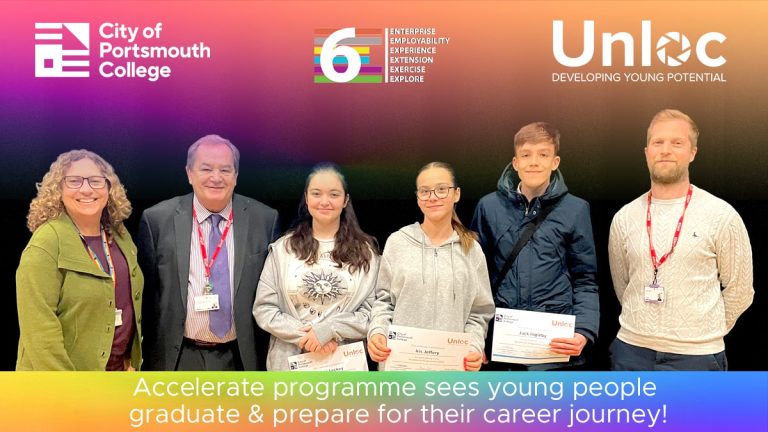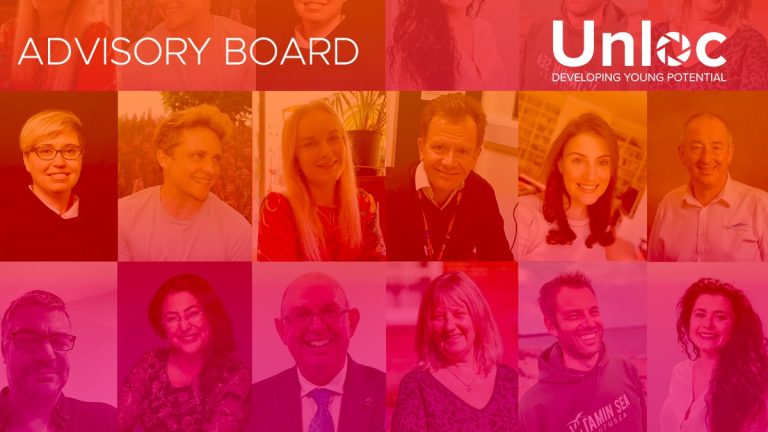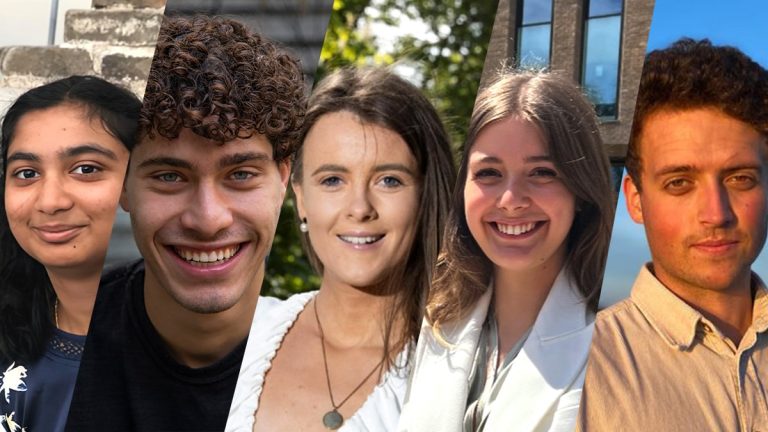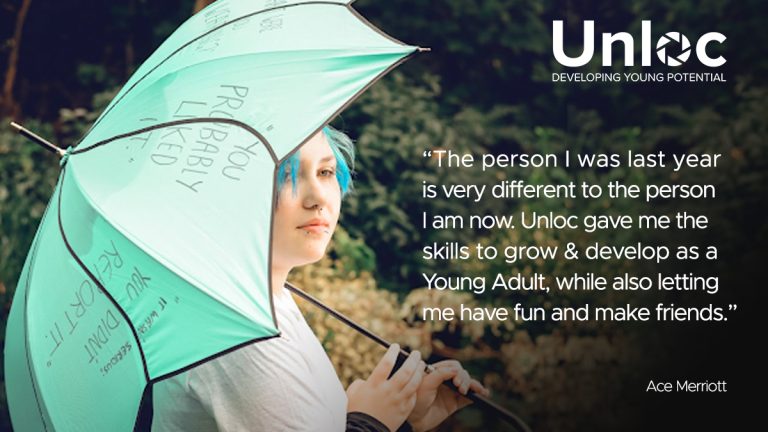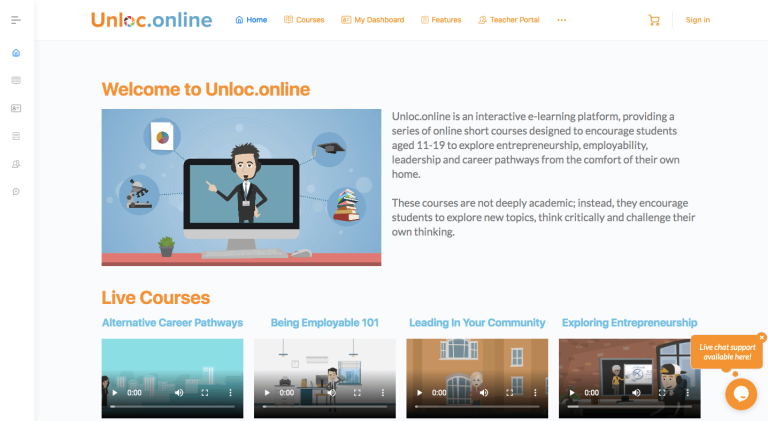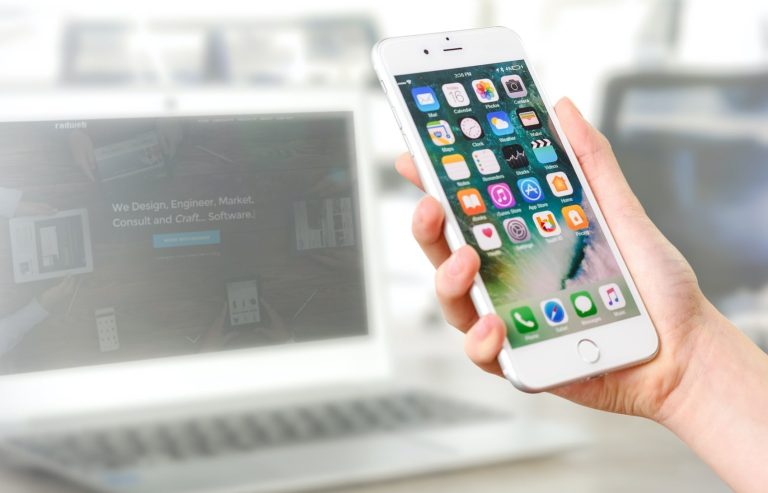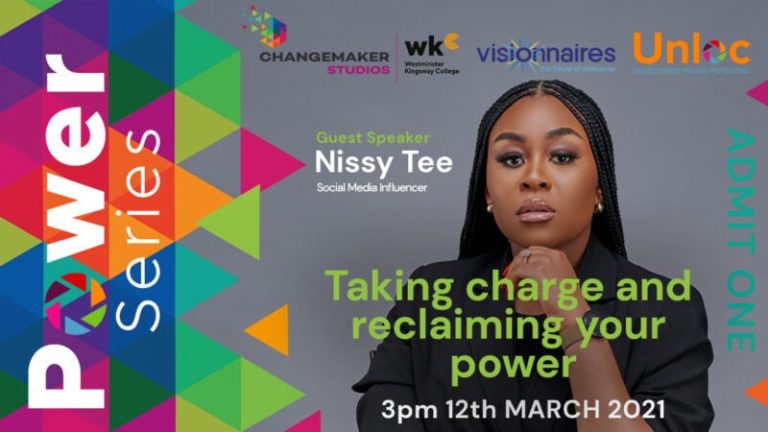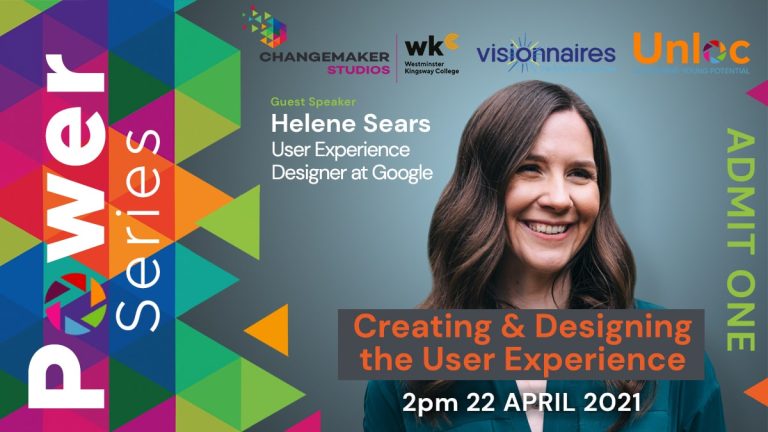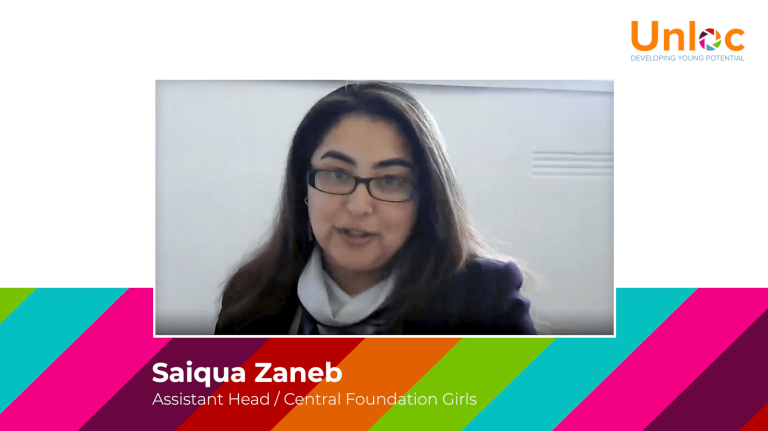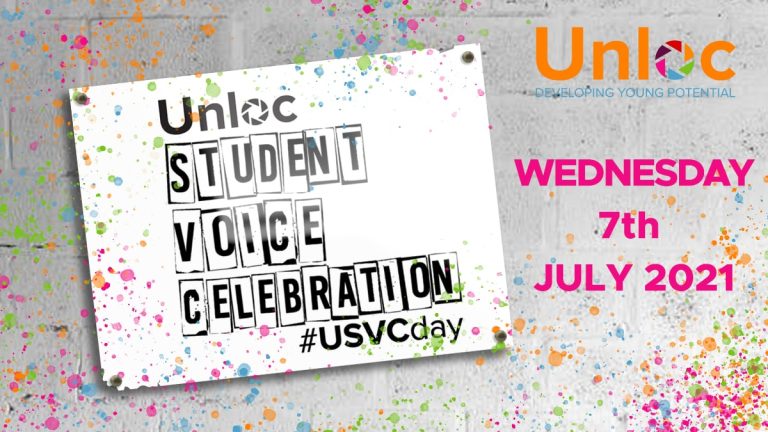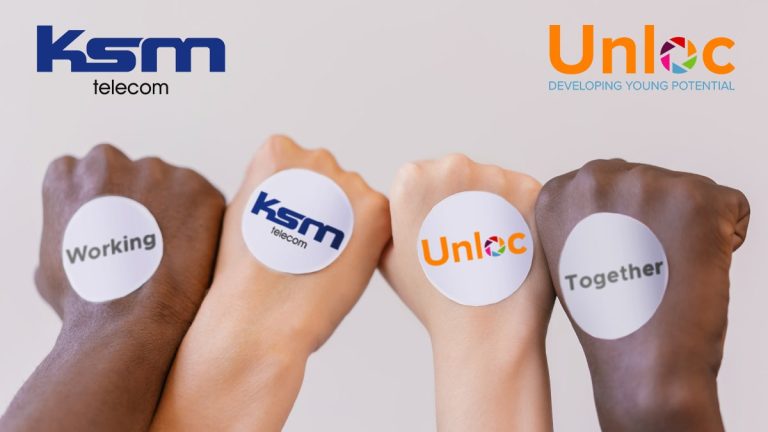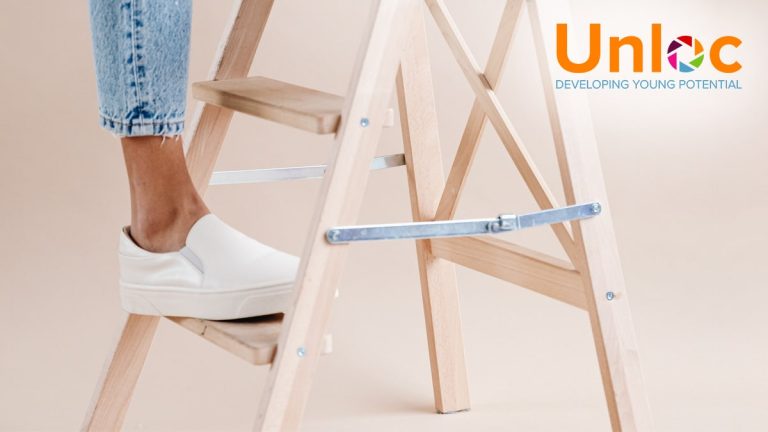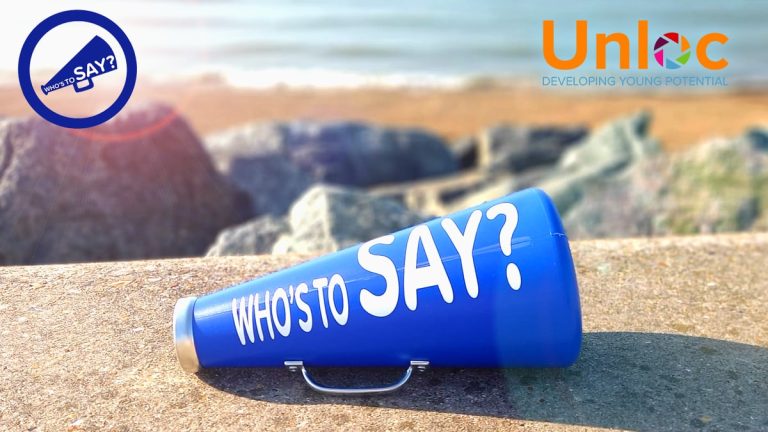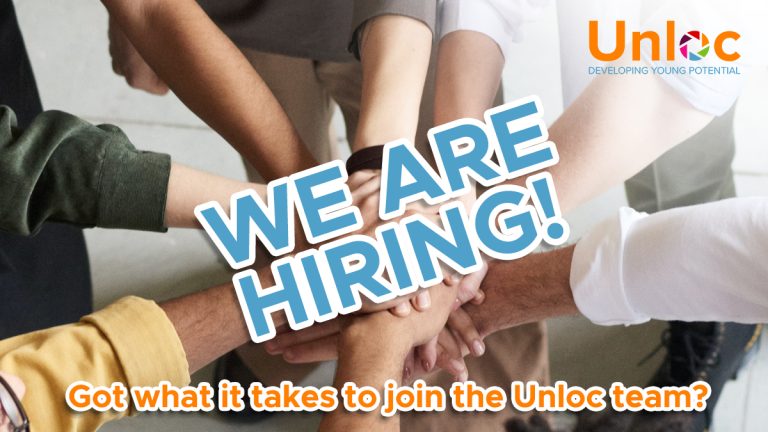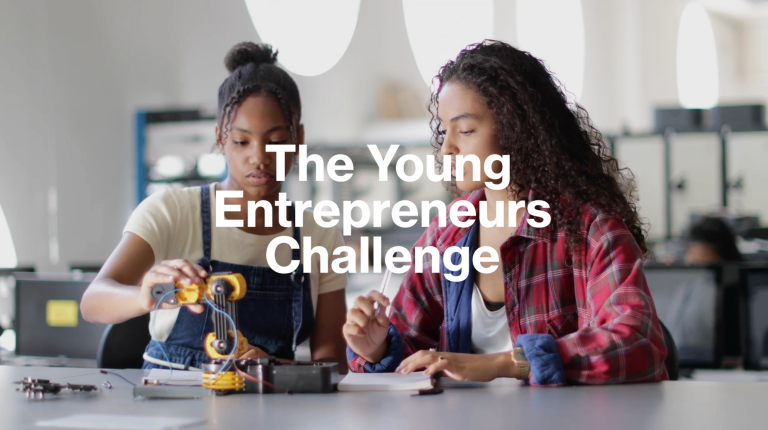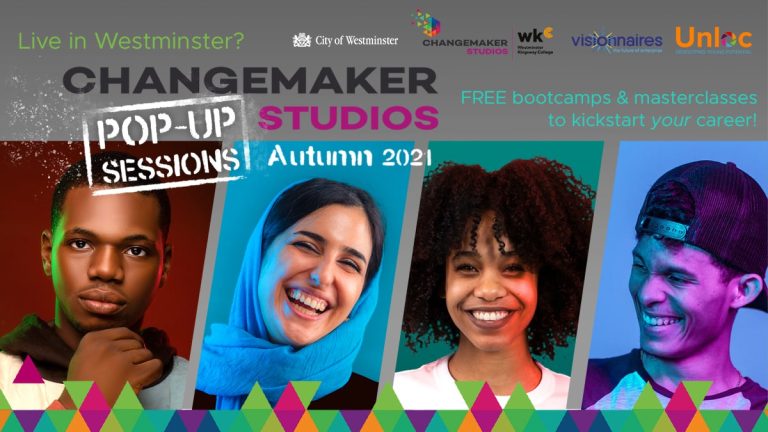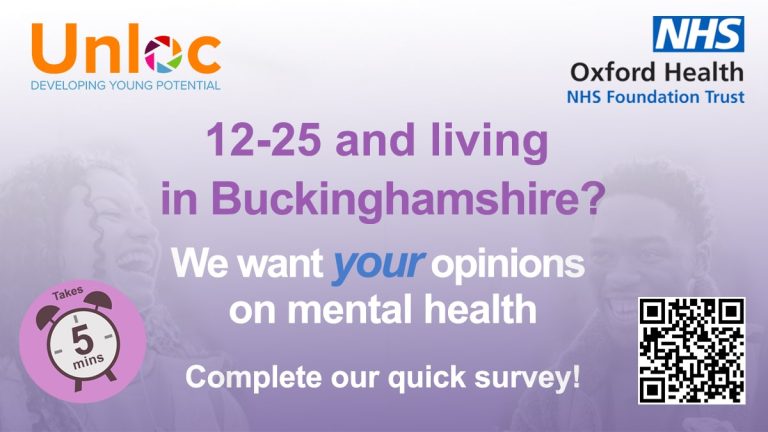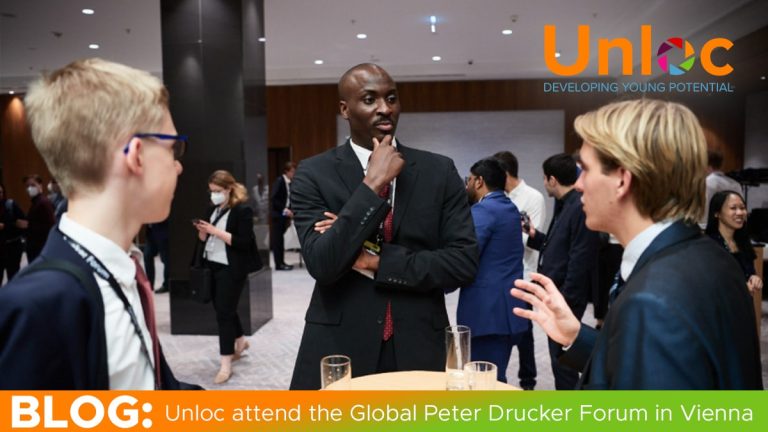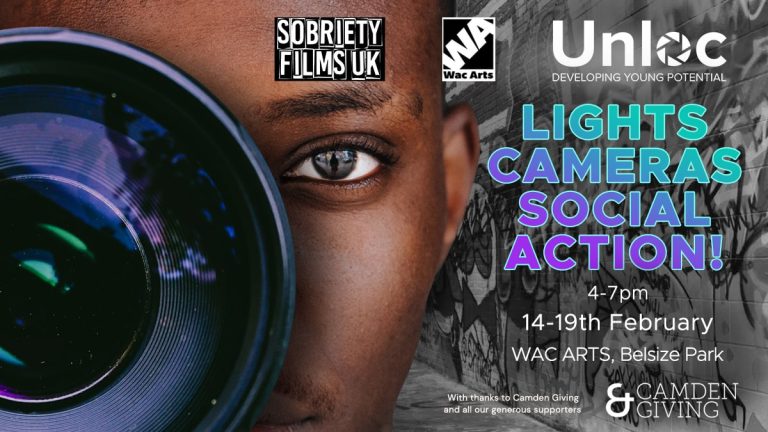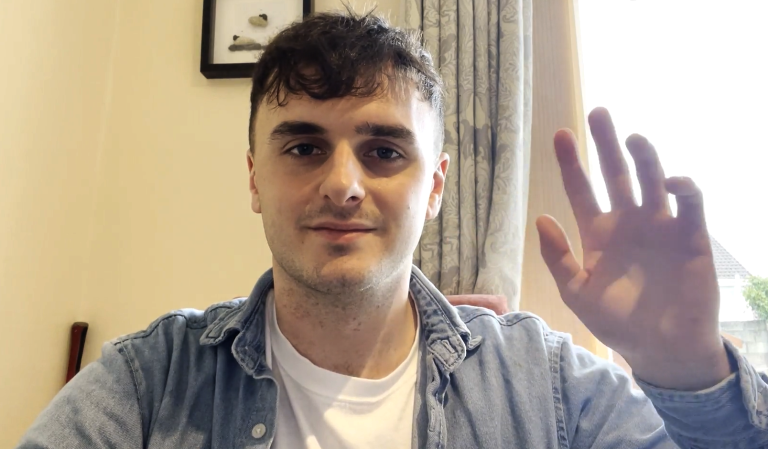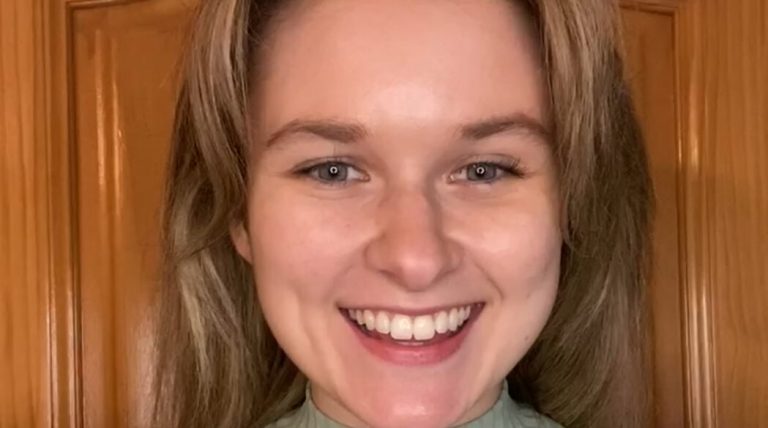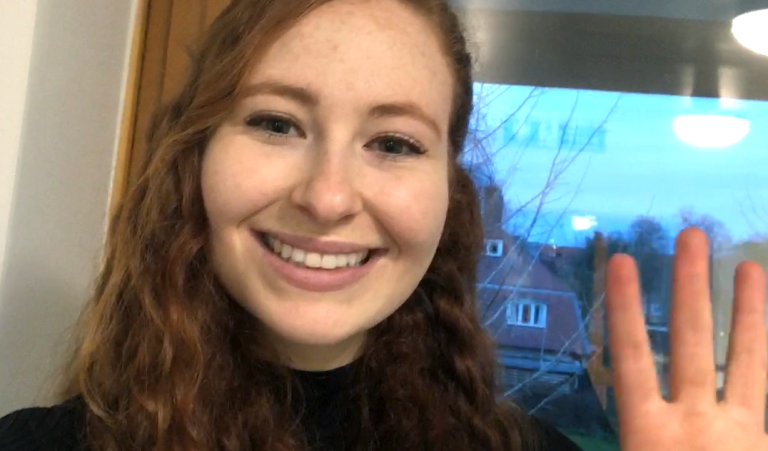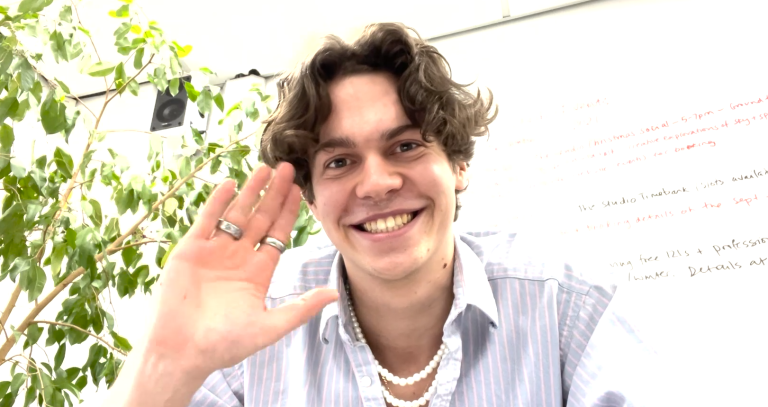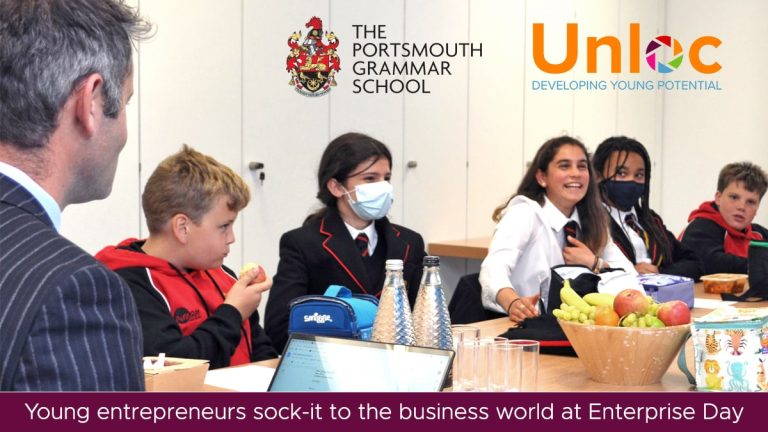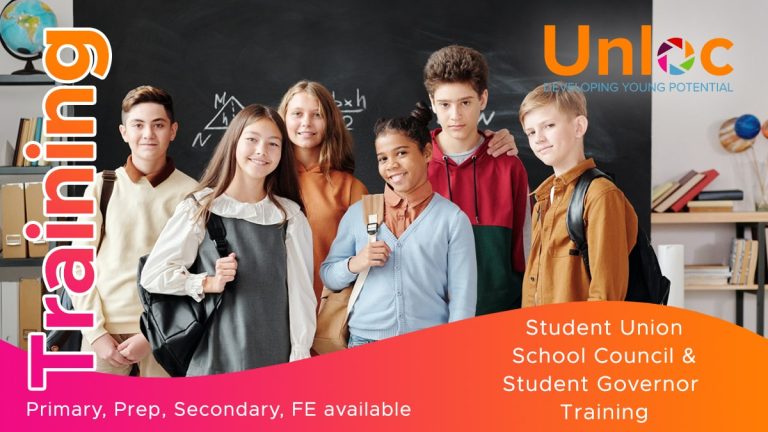Latest News

Celebrating Changemakers in action: Student Governor of the Year 2025 Ivy Knight
. This Summer Unloc were proud to host our very first Student Governor Changemaker Programme Destination Conference. The event, held in London in partnership with Rockborn, wasn’t just another generic…
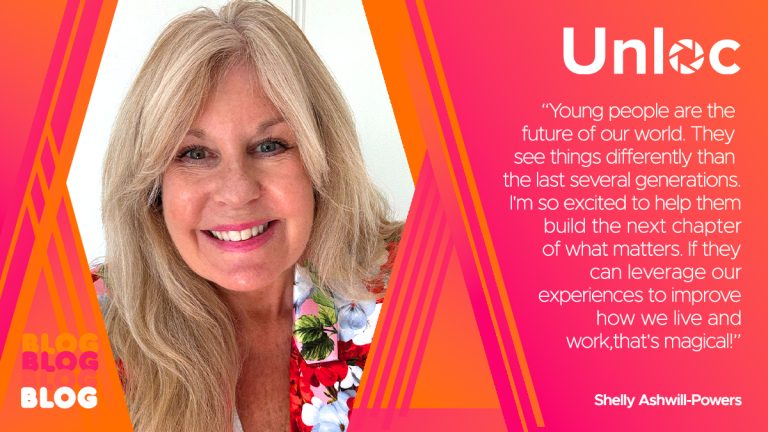
“Young people are the future of our world.” Interview with the inspirational Shelly Ashwill-Powers
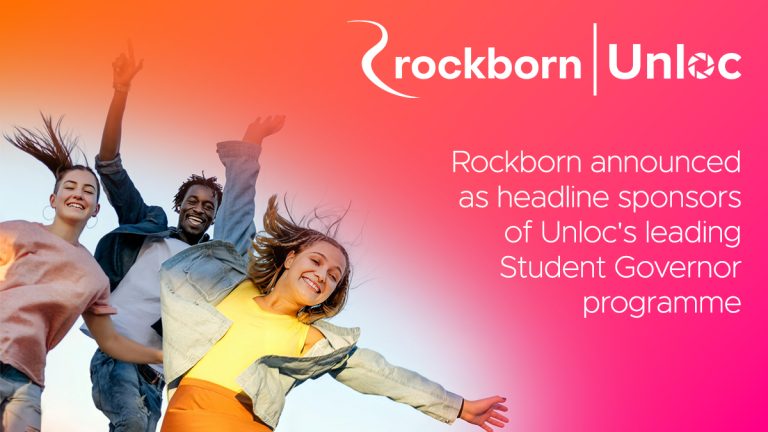
Rockborn announced as headline sponsors of our leading Student Governor programme
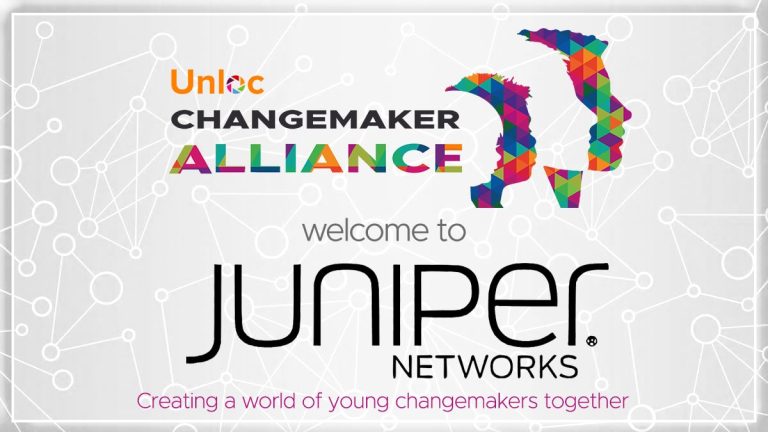
Juniper Networks the latest member of the Unloc Changemaker Alliance creating opportunities for young people
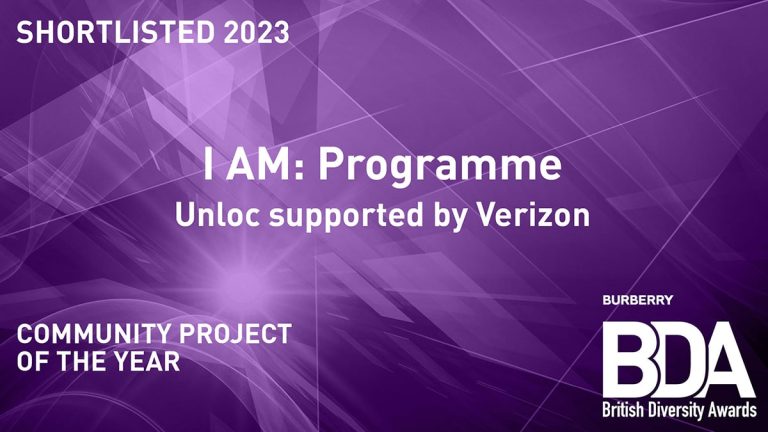
Groundbreaking I AM: programme from Unloc & Verizon shortlisted for Burberry British Diversity Award!

Seed2030 allowing young people in Northern Ireland to grow their ideas and branch out into bright futures
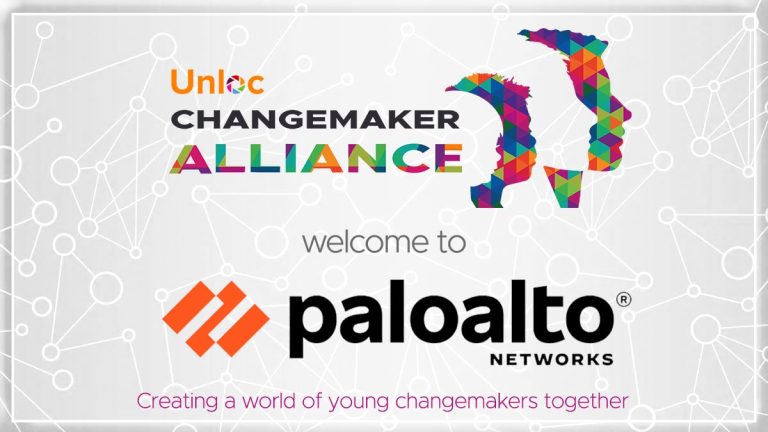
Palo Alto Networks join our Changemaker Alliance, improving opportunities for young people.
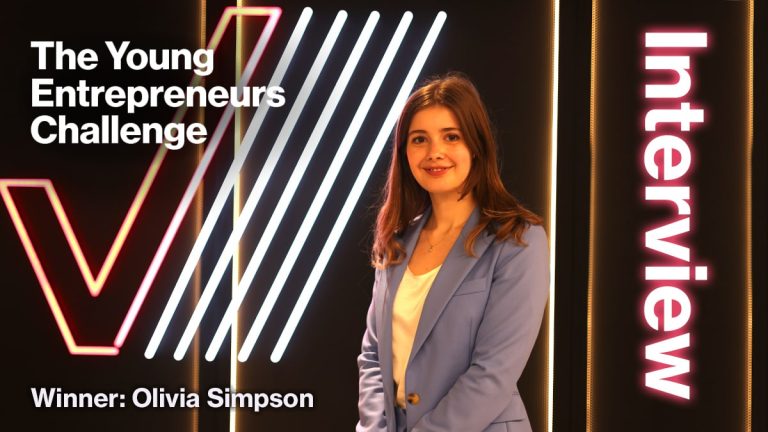
“Never have I felt so empowered at a competition/event by the other finalists and the staff! Don’t just consider! Apply!”
. Young Entrepreneurs Challenge Winner Olivia Simpson talks about her Grand Prize Win! . A few weeks ago we were thrilled to crown 21 year old Olivia Simpson the Winner…
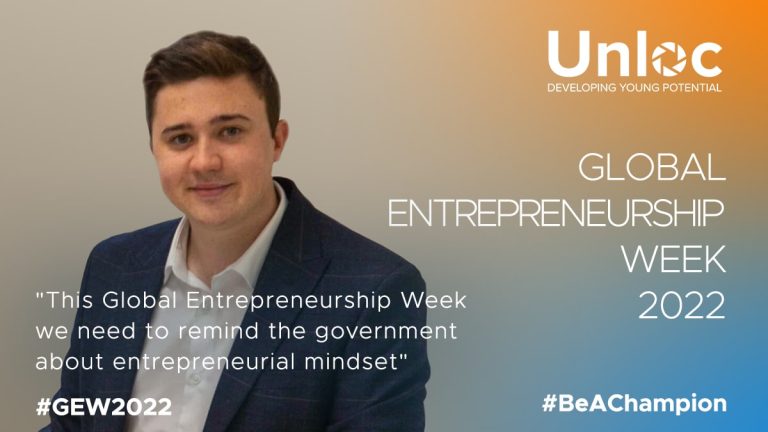
“This Global Entrepreneurship Week we need to remind the government about entrepreneurial mindset”
Blog from Unloc’s Managing Director Hayden Taylor “Global Entrepreneurship Week is a celebration of entrepreneurs, self-employment and all those that chose to pursue a career centred around solving problems. But…
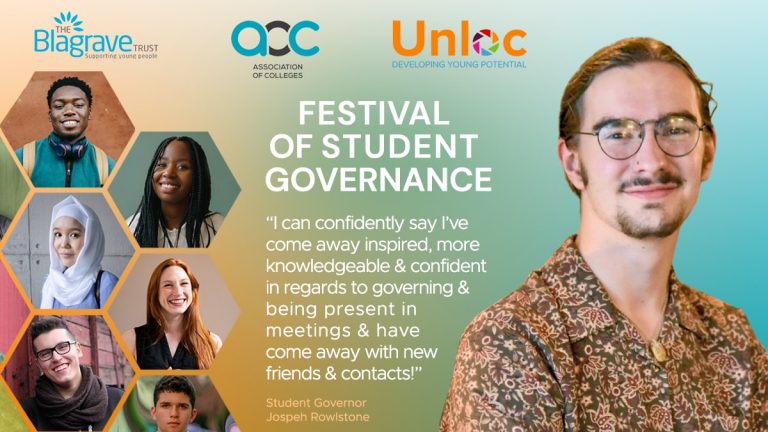
“I can confidently say I’ve come away inspired, more knowledgeable & confident in regards to governing & being present in meetings”

The Winner of the 2021 Unloc / Verizon Young Entrepreneurs Challenge Announced!
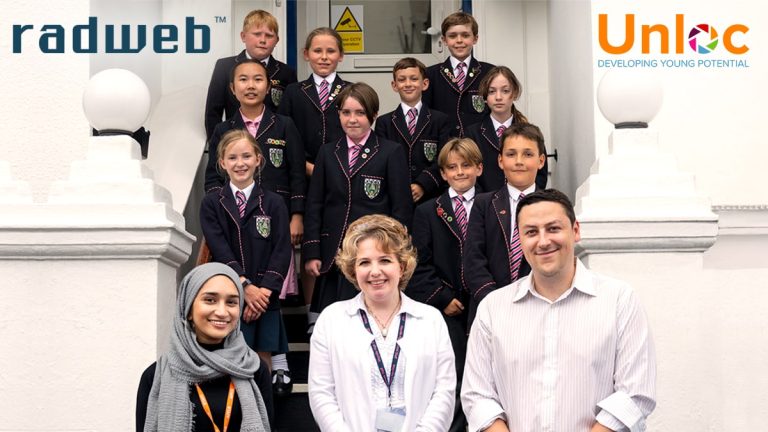
Enterprise Days from Radweb and Unloc address technology skills shortage in young people
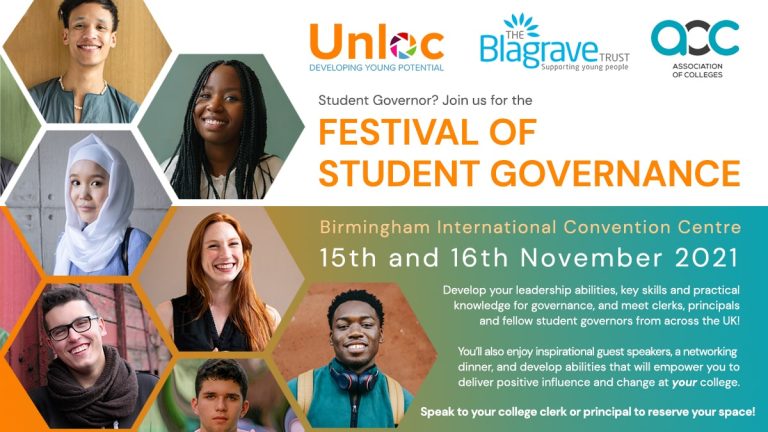
Join Student Governors from across the UK at the Festival of Student Governance!
“Unloc’s support and attitude allowed me to no longer limit myself, aspire to succeed and strive to innovate.”
Last Friday we were thrilled to finally launch our first Changemaker Studio location in Camden, a project partnering Unloc with Westminster Kingsway College and Visionnaires. Isabela Dumitrascu, 17, a second…
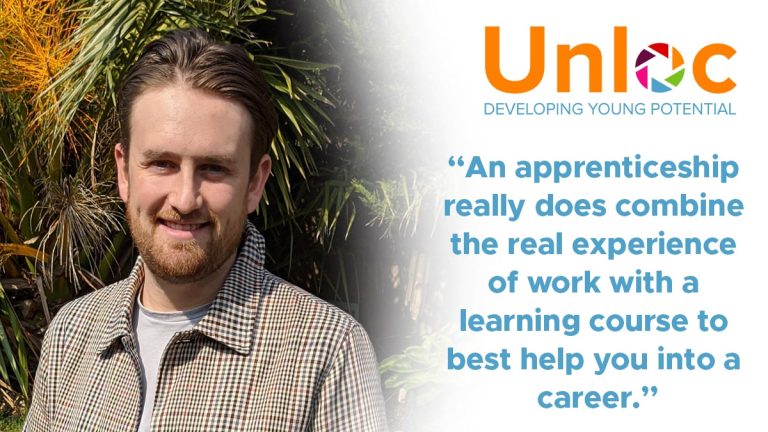
“An apprenticeship really does combine the real experience of work with a learning course to best help you into a career.”
Its National Apprenticeship Week this week, a fantastic celebration of the value of apprenticeships and how they can be highly beneficial to young people starting their career journey. Here at…
Five Young European Entrepreneurs Announced as Finalists for Verizon / Unloc Challenge
The Verizon/Unloc Young Entrepreneurs Challenge, an annual online tech-entrepreneurship competition for young people across Europe has announced the five finalists who will compete for the competition’s £10,000 Grand Prize, which…

Programme Facilitator (Entrepreneurial Skills + Career Pathways) – Cambridgeshire + London Region
CLOSING DATE FAST APPROACHING: Applicants are encouraged to submit their applications ASAP. The final deadline is 6th December 2019 @ 5pm. Are you passionate about working with young people and…
Unloc Partnership with Southern Health Shortlisted for the HSJ Best Educational Programme Award!
We’re delighted to be shortlisted for the HSJ Partnership Awards 2020 Best Educational Programme for the NHS for our work in partnership with Southern Health NHS Foundation Trust! “It’s vitally…

[PRESS RELEASE] Five Young Entrepreneurs Announced As Finalists For Verizon/Unloc Enterprise Challenge
The five finalists, all aged 16-25, will pitch their technology-led business concepts live to a panel of expert judges for a chance of winning the £10,000 grand prize. London, England,…
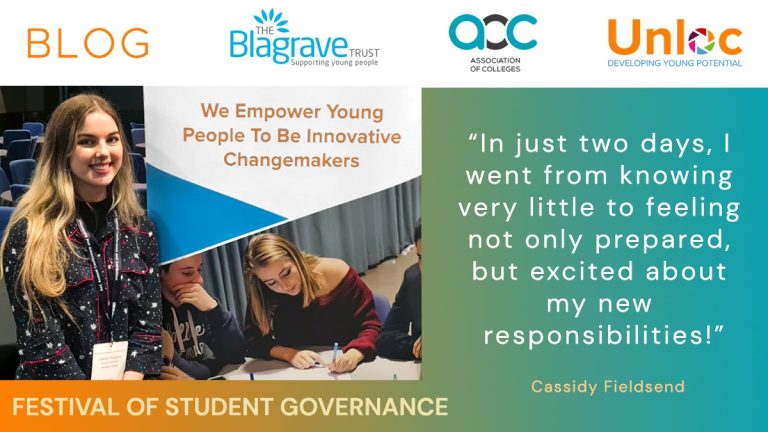
“In just 2 days, I went from knowing very little to feeling, not only prepared, but excited about my new responsibilities!”
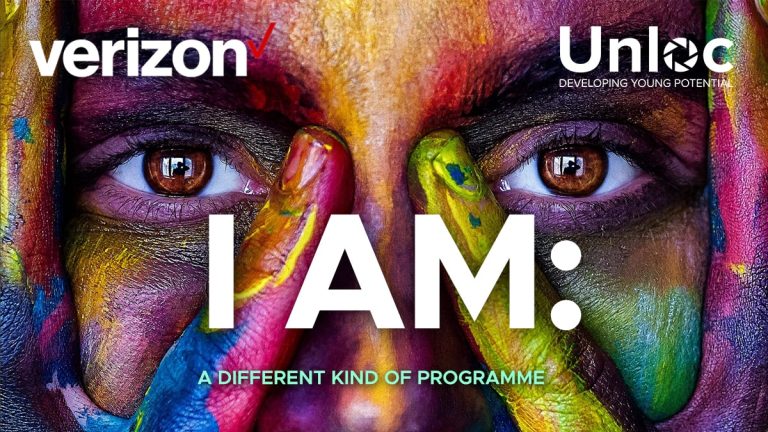
I AM: empowers young people to be themselves & drive equality, diversity & racial justice

Unloc and The Marketors’ Trust join forces to launch new Changemaker Challenges initiative for young people!
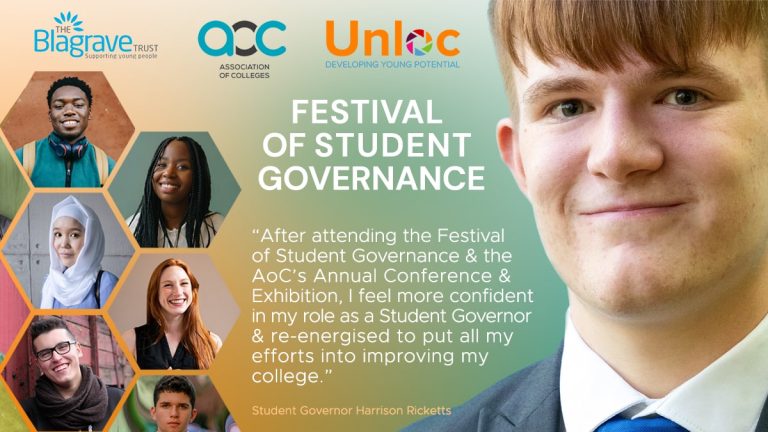
“I feel more confident in my role as a Student Governor & re-energised to put all my efforts into improving my college.”

Unloc joins forces with the Association of Colleges and The Blagrave Trust to launch free online Student Governor resource
On Monday 16 November we were delighted to launch our new Student Governor Hub, a dedicated online space for Student Governors which provides support, advice, training, and knowledge all located…
First step to a brighter future for young people as first Changemaker Studios opens this Friday!
At Unloc we’re celebrating a momentous occasion at noon this Friday 11 December, as we and our partners, Westminster Kingsway College and Visionnaires, officially launch our first Changemaker Studios site…
“I took one look and thought – there was no way we could win £5000 for our idea!’
Previous Young Entrepreneurs Challenge Winner Alison Wood and her business partner Mhairi Cochrane talk about their experience entering the challenge, and their success and challenges afterwards. As we, and our…

“Being a part of The Young Entrepreneur’s Challenge has really helped us in achieving our ambitions.”
Previous Young Entrepreneurs Challenge Winner Jamie Bankhead talks to us about his experience entering the challenge, and his success and challenges afterwards. As we, and our partner Verizon, gear up…
We budget for many things in a school but this really was an investment in our students. We would absolutely use Unloc again without a second thought.
At Unloc we’re always really keen to get feedback on our courses and services, and make sure that we’re meeting the needs of those we work with, both the young…
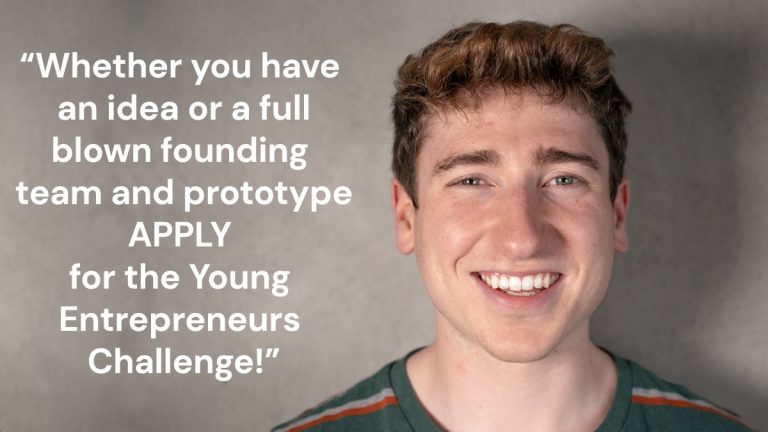
“Whether you have an idea or a full-blown founding team and prototype – APPLY for the Young Entrepreneurs Challenge!”
Now that all the excitement of the Verizon Business / Unloc Young Entrepreneurs Challenge has calmed down a little, we wanted to catch up with this year’s Grand Prize Winner…
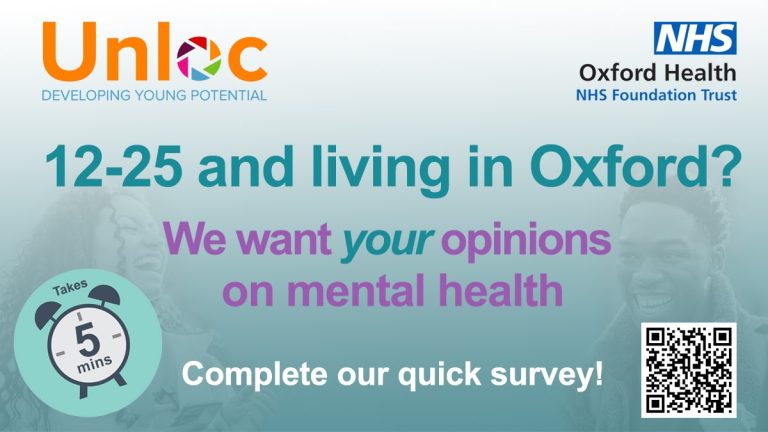
Unloc partners with Oxford Health NHS Foundation Trust to shape future of mental health services for young people
Young people across Oxfordshire are being urged to give their voices to ambitious plans to develop and strengthen mental health services. Unloc have partnered with the Oxford Health NHS Foundation…
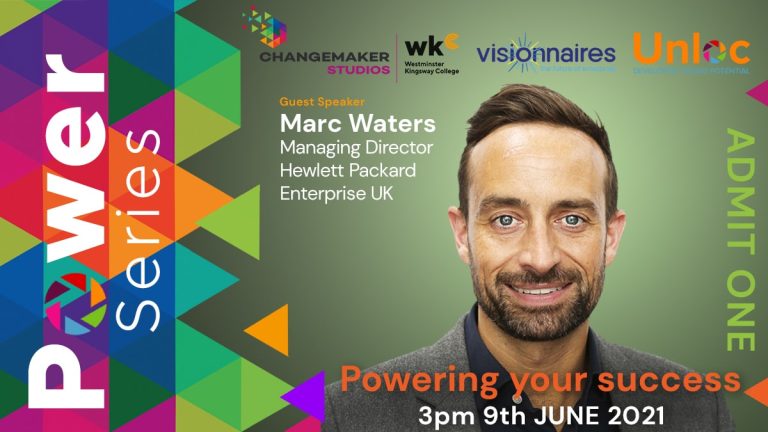
Power up your future success with Marc Waters at the next exciting Power Series Event!
Batteries are re-charging in preparation for our third fantastic Power Series event at 3pm on Wednesday 9th June, as Managing Director for Hewlett Packard Enterprise UK, Ireland, Middle East &…
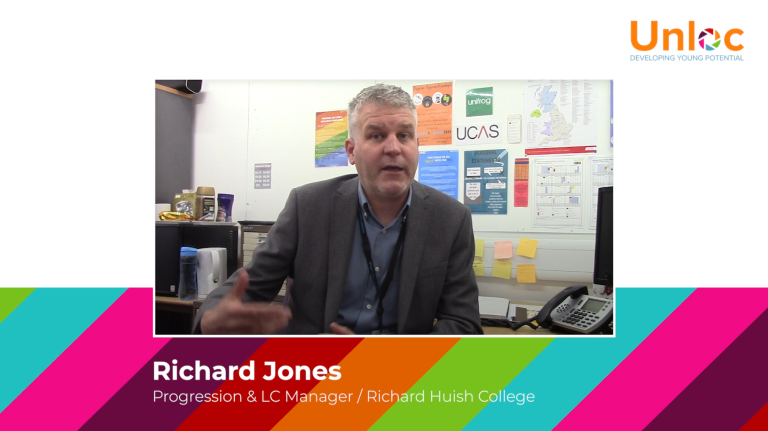
Richard Jones talks us through his student’s experience with programmes from Unloc.Online!
Our Unloc-ing Potential During COVID video series continues with Richard Jones, Progression Manager at the outstanding Richard Huish College in Taunton, Somerset. In our latest video in the series, Richard…
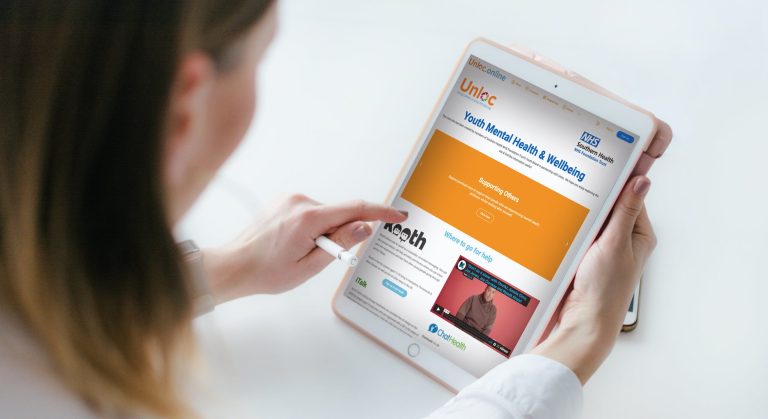
Young people collaborate with Unloc & Southern Health to build site to support peers with their mental health
After a lot of hard work we are excited to finally launch the new Youth Mental Health & Wellbeing mini-site designed & co-created with members of Southern Health NHS Foundation…
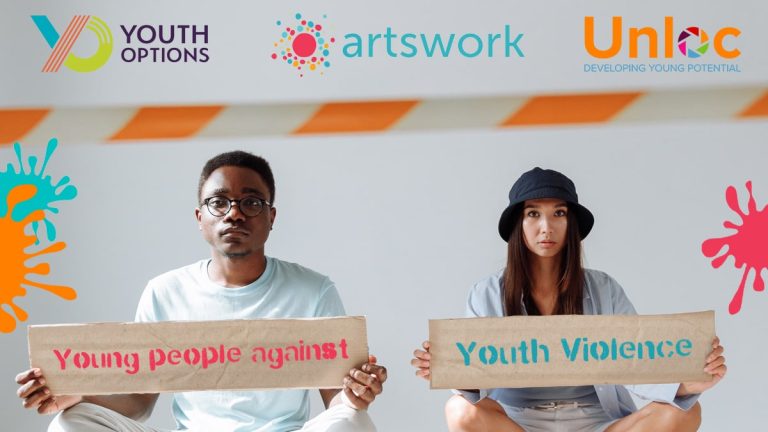
Unloc, Artswork & Youth Options win regional contract for youth violence social action programme
A consortium of three Hampshire based youth organisations have been awarded the South East contract to deliver a youth violence social action programme as part of a national scheme funded…
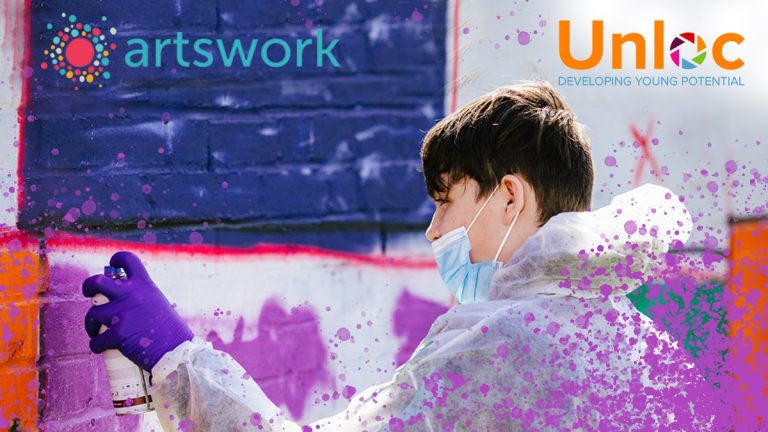
Unloc & Artswork collaborate to develop the art of putting young people centre stage
Two top organisations focused on the empowerment of young people in Hampshire have joined forces for an exciting new initiative. Portsmouth-based social enterprise Unloc, and Southampton-based youth arts charity Artswork…
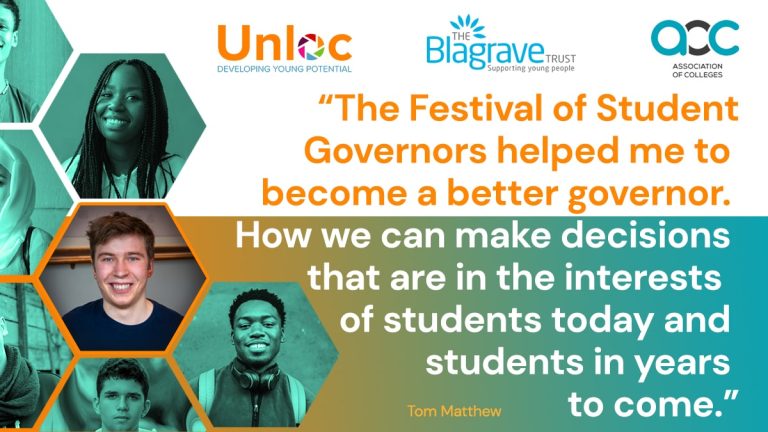
“The Festival of Student Governance helped me to become a better governor. How we can make decisions that are in the interests of students today & students in years to come.”
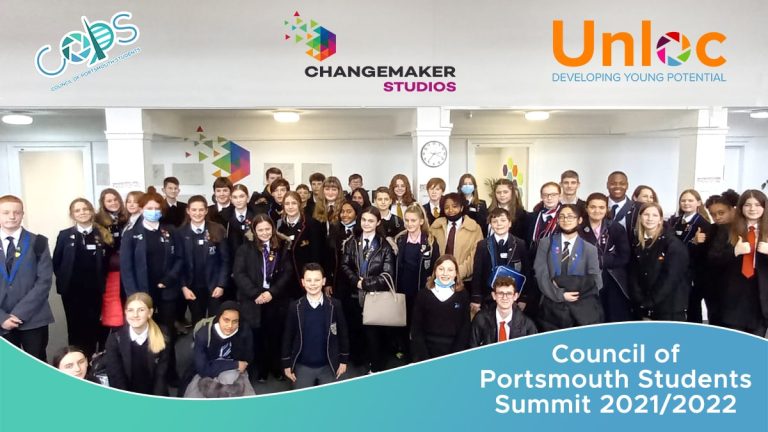
Young changemakers come together for Council of Portsmouth Students Summit 2022!

